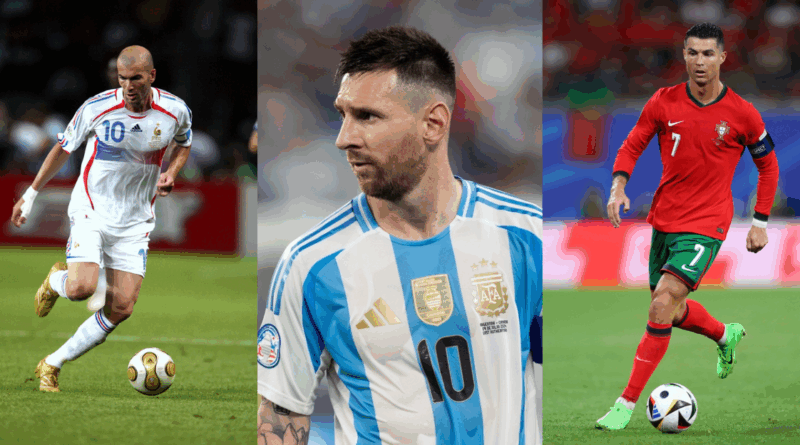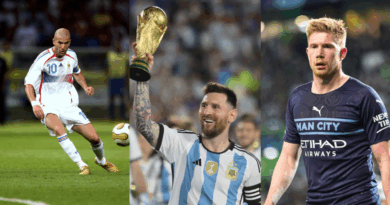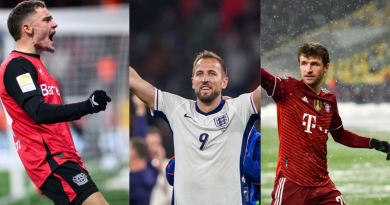The 100 Greatest Football Players of All Time – Ranked from lowest to Highest
From legends like Pelé and Maradona to modern icons Messi and Ronaldo, this is the ultimate countdown of the finest players ever to grace the pitch.
Football has given us many heroes, icons, and unforgettable moments. But who truly belongs among the immortals? In this definitive ranking of the 100 greatest footballers of all time, we celebrate the game’s most influential and gifted individuals — those whose talents shaped eras, inspired nations, and redefined what was possible with a ball at their feet.
Whether it’s the elegance of Zinedine Zidane, the flair of Ronaldinho, or the clinical brilliance of Gerd Müller, each player on this list has left an indelible mark on football history. The countdown begins with giants of the past and rises through generations to culminate with the one man who stands above them all.
100. Gheorghe Hagi
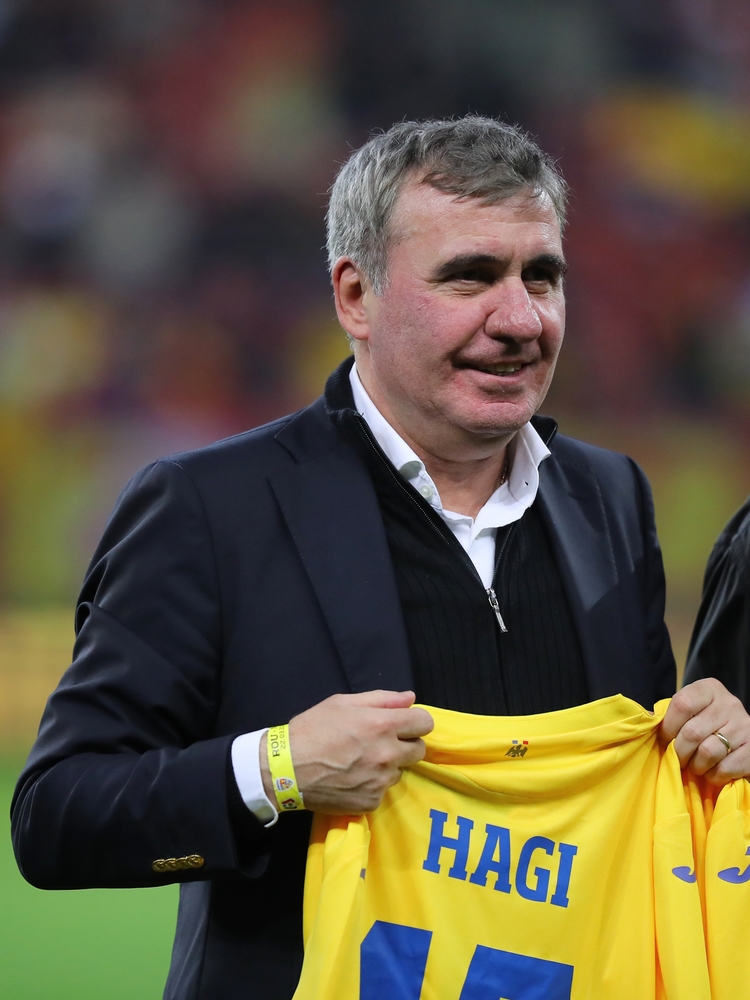
Often called “The Maradona of the Carpathians,” Gheorghe Hagi dazzled with his left foot and creative genius. His mix of flair and determination made him a national icon in Romania. Career highlight: Leading Romania to the quarter-finals of the 1994 World Cup, including a famous win over Argentina.
99. Mario Kempes
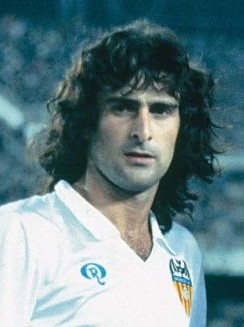
Mario Kempes was Argentina’s hero at the 1978 World Cup, scoring twice in the final on home soil. A prolific striker, he also shone in La Liga with Valencia. Career highlight: Winning the Golden Boot and Golden Ball at the 1978 World Cup while guiding Argentina to victory.
98. Teófilo Cubillas
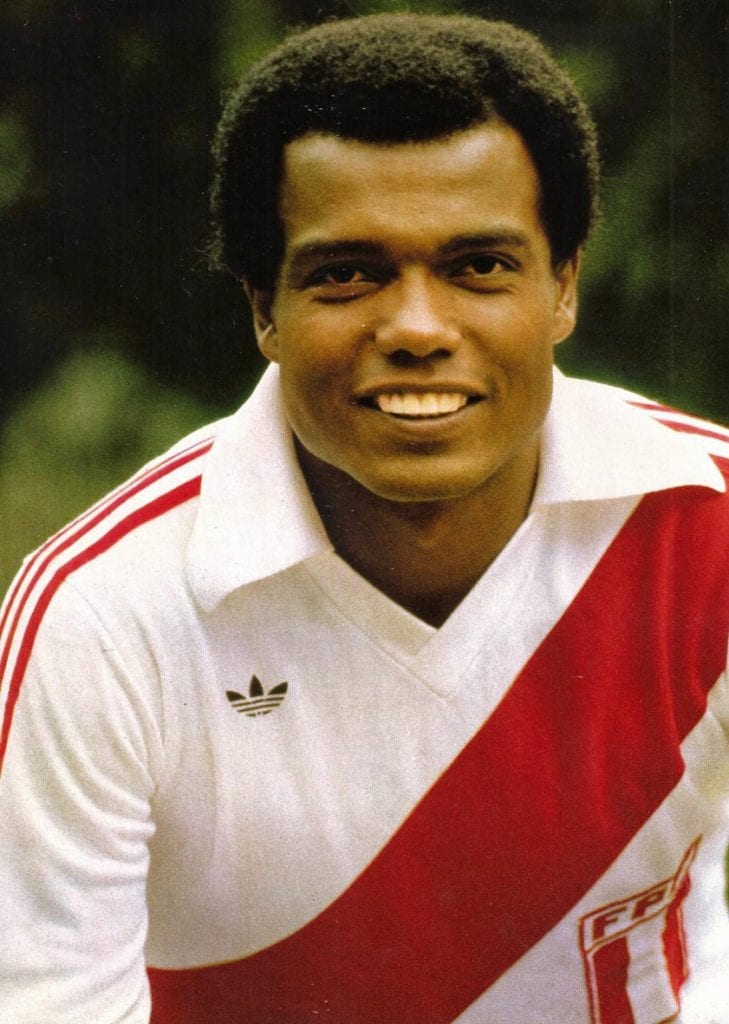
Peru’s greatest-ever player, Cubillas combined vision, flair, and deadly free-kicks to become a World Cup icon. He was a consistent goal threat over two decades. Career highlight: Winning the 1975 Copa América and scoring five goals in two different World Cups (1970 and 1978).
97. Jimmy Johnstone
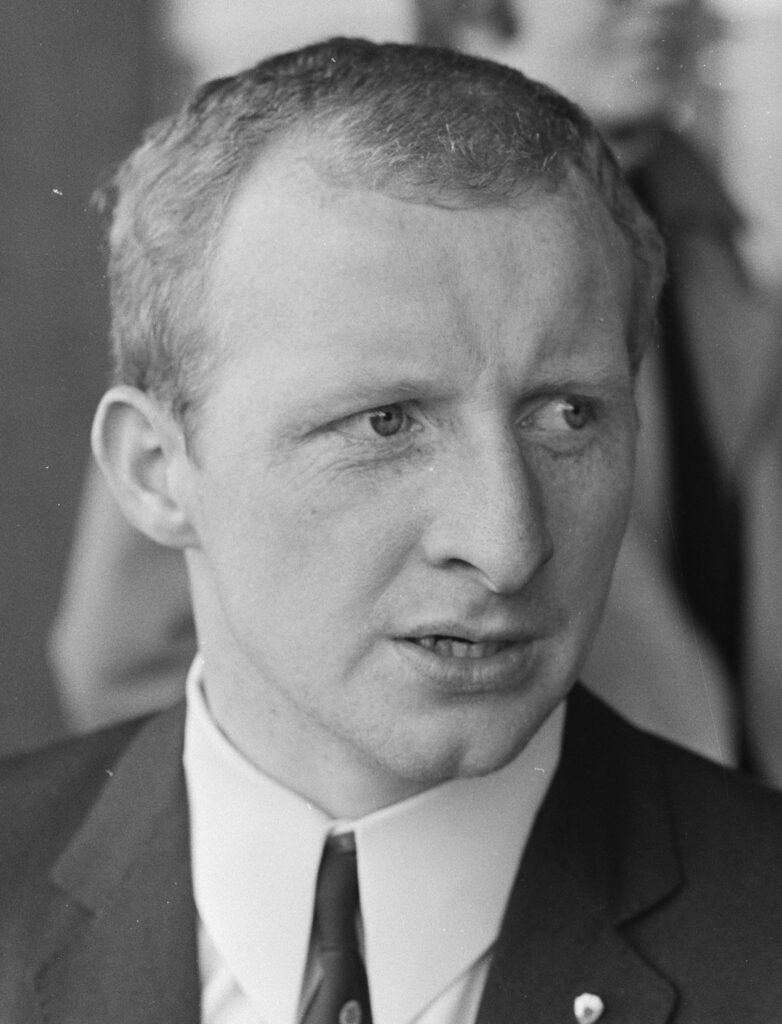
Celtic’s beloved winger “Jinky” Johnstone was a dribbling wizard and part of the first British team to win the European Cup. His flair was unmatched in his era. Career highlight: Playing a starring role in Celtic’s 1967 European Cup triumph against Inter Milan as one of the “Lisbon Lions.”
96. Javier Zanetti
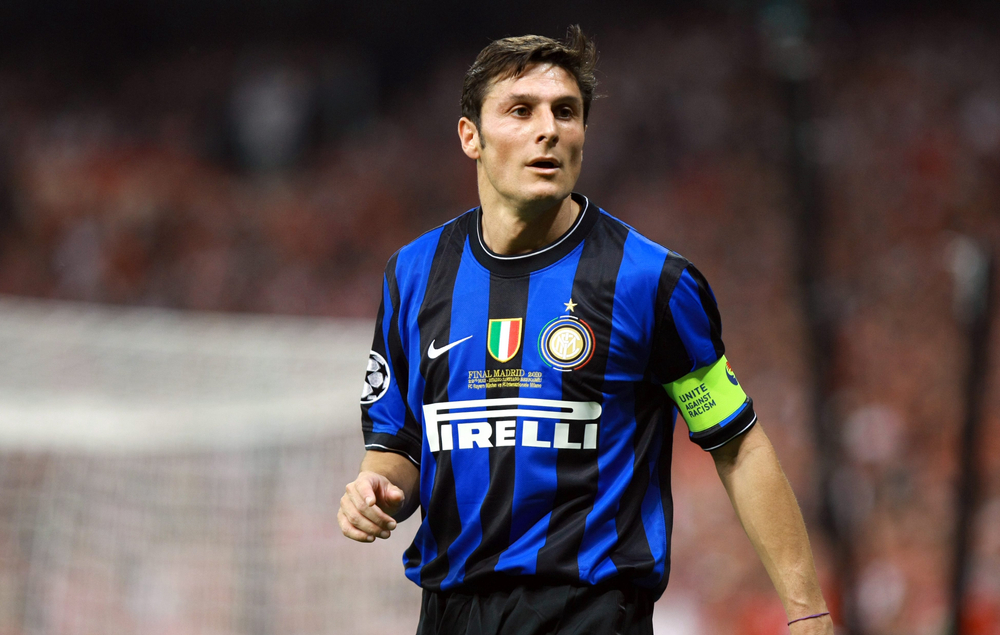
The embodiment of loyalty and longevity, Javier Zanetti made over 850 appearances for Inter Milan. His discipline, stamina, and leadership were world-class. Career highlight: Captaining Inter to a historic treble in 2010, winning Serie A, Coppa Italia, and the UEFA Champions League.
95. Djalma Santos
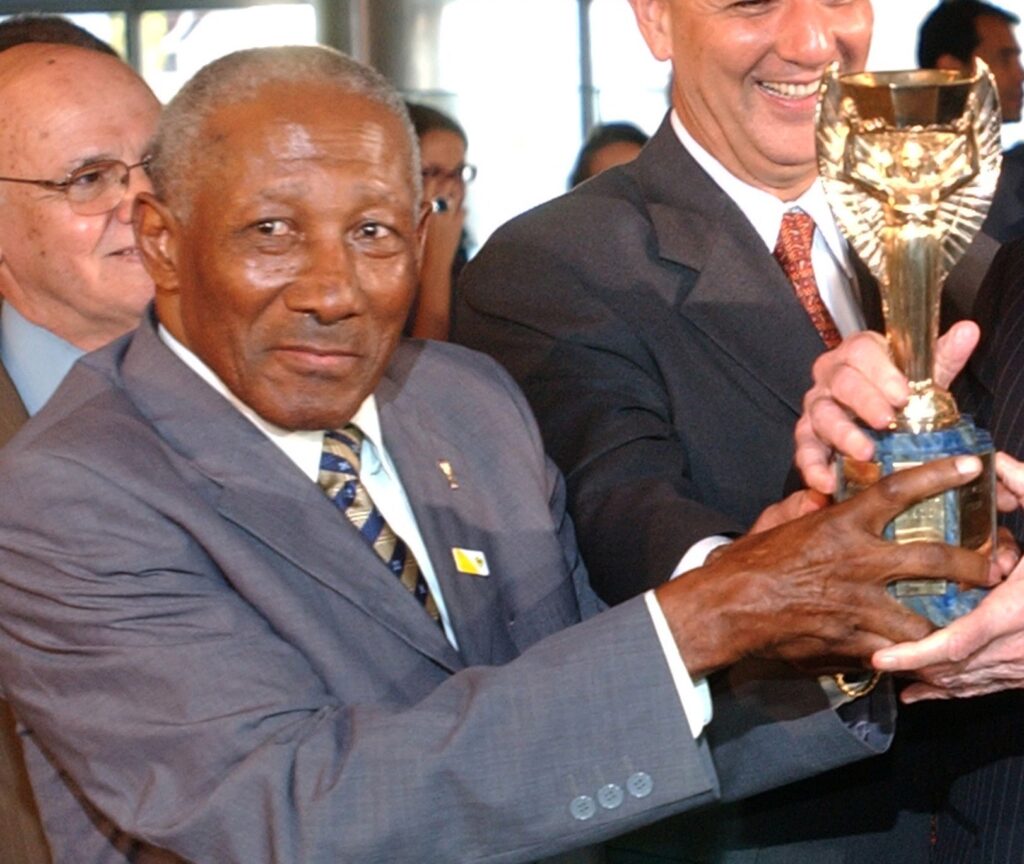
Djalma Santos was one of the first Brazilian defenders to fuse flair with solidity. His attacking runs set the template for future generations. Career highlight: Providing the assist for the final goal in Brazil’s 3–1 win over Czechoslovakia in the 1962 World Cup Final.
94. Philipp Lahm
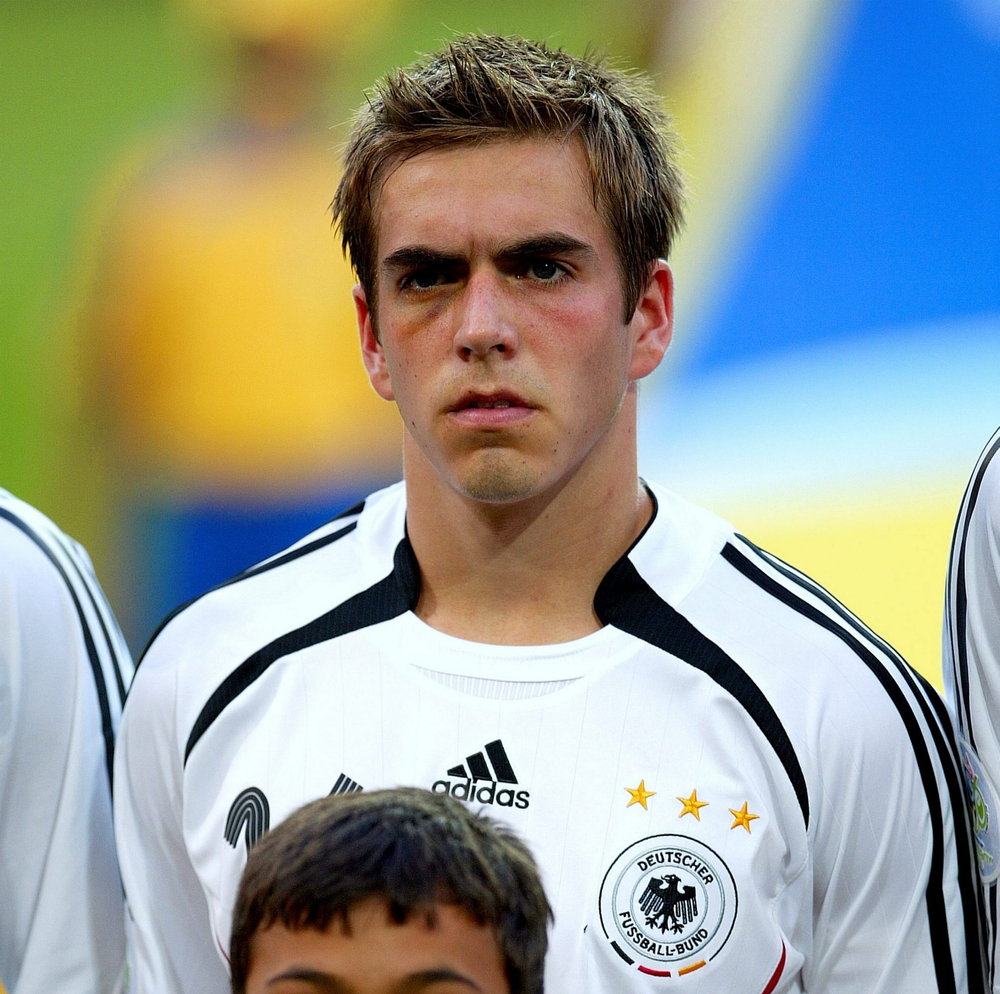
A modern tactical genius, Lahm played both as full-back and central midfielder with clinical precision. His intelligence elevated every team he played in. Career highlight: Captaining Germany to World Cup glory in 2014 and adapting seamlessly into Pep Guardiola’s midfield at Bayern Munich.
93. Kylian Mbappé
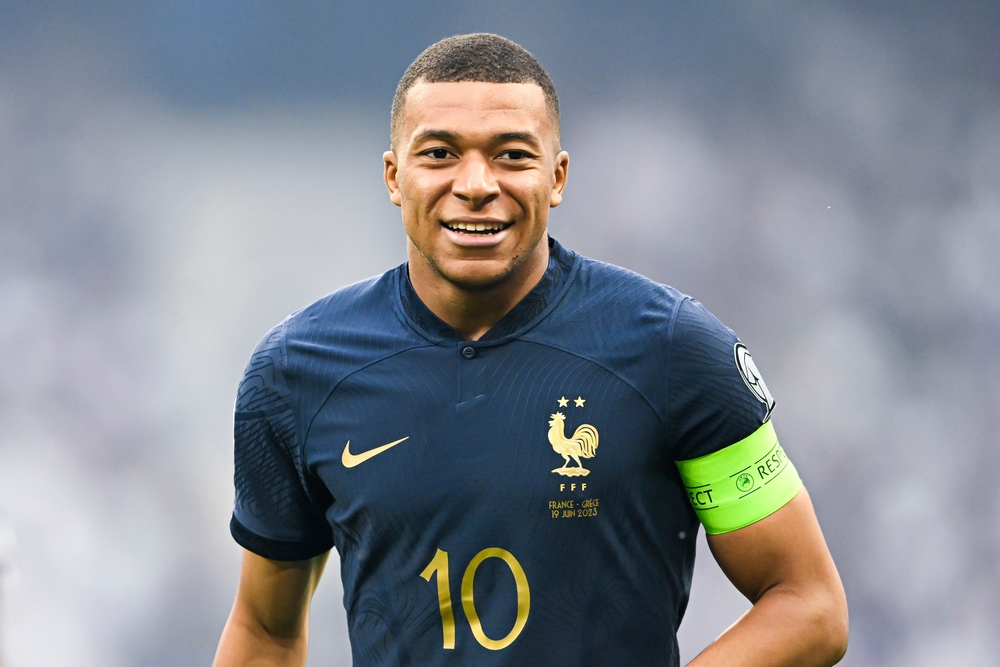
Already a World Cup winner by age 19, Kylian Mbappé has matched records set by legends like Pelé. With 12 World Cup goals before turning 25, his legacy is still growing. Career highlight: Scoring a hat-trick in the 2022 World Cup final and winning the tournament in 2018 at just 19 years old.
92. Sándor Kocsis

The Hungarian striker had an astonishing goalscoring record, especially in international competition. His aerial ability was legendary. Career highlight: Top scorer at the 1954 World Cup with 11 goals, leading Hungary to the final with his clinical finishing.
91. Giacinto Facchetti
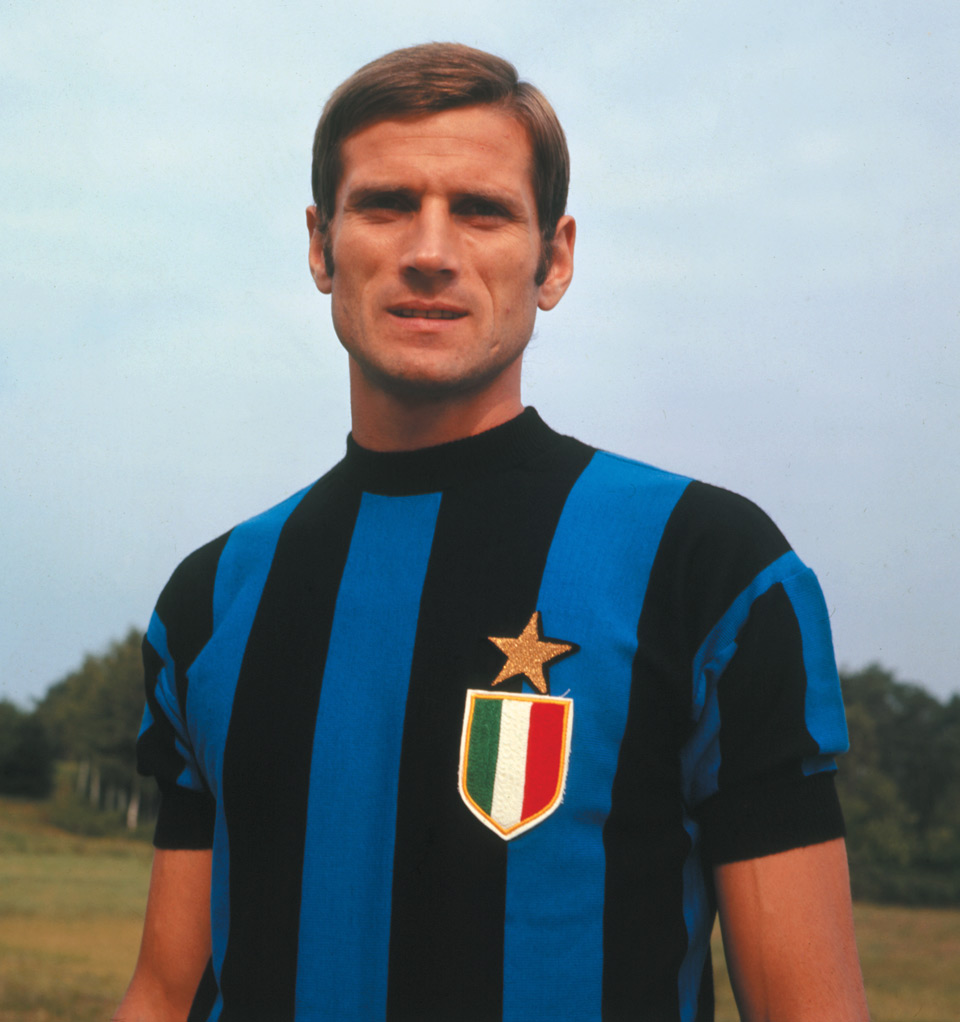
Facchetti reinvented the full-back role, adding attacking power to Italian catenaccio with remarkable success. His legacy still influences the position today. Career highlight: Winning Euro 1968 with Italy and back-to-back European Cups with Inter in the 1960s.
90. Eric Cantona
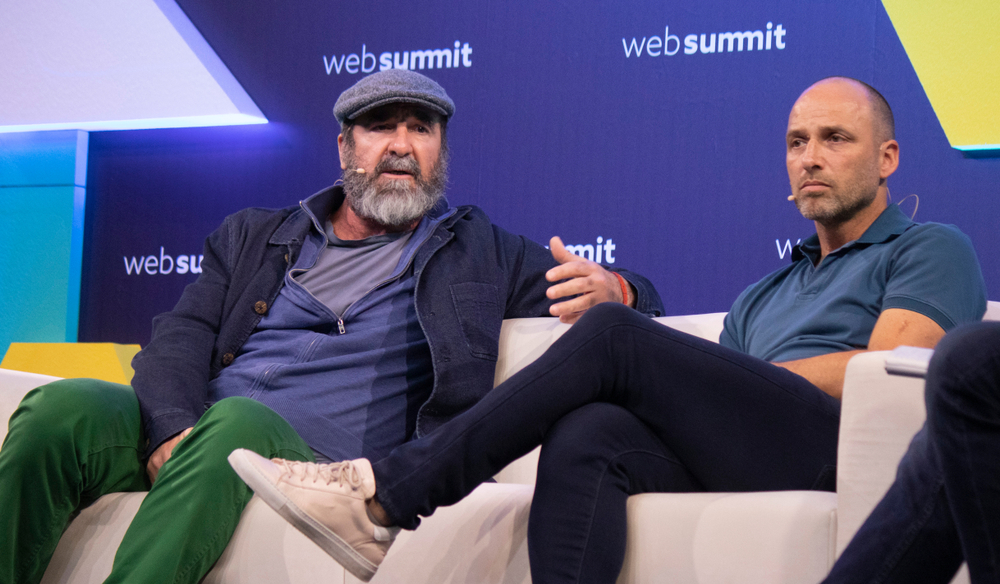
Eric Cantona wasn’t just a footballer – he was a persona, a statement, a spark that ignited Manchester United’s dominance in the 1990s. With flair, leadership and charisma, he embodied Premier League drama and brilliance.
Career highlight: Making the very first Premier League season his personal theatre, guiding Manchester United to the 1992/93 title after moving from Leeds.
89. Roberto Carlos
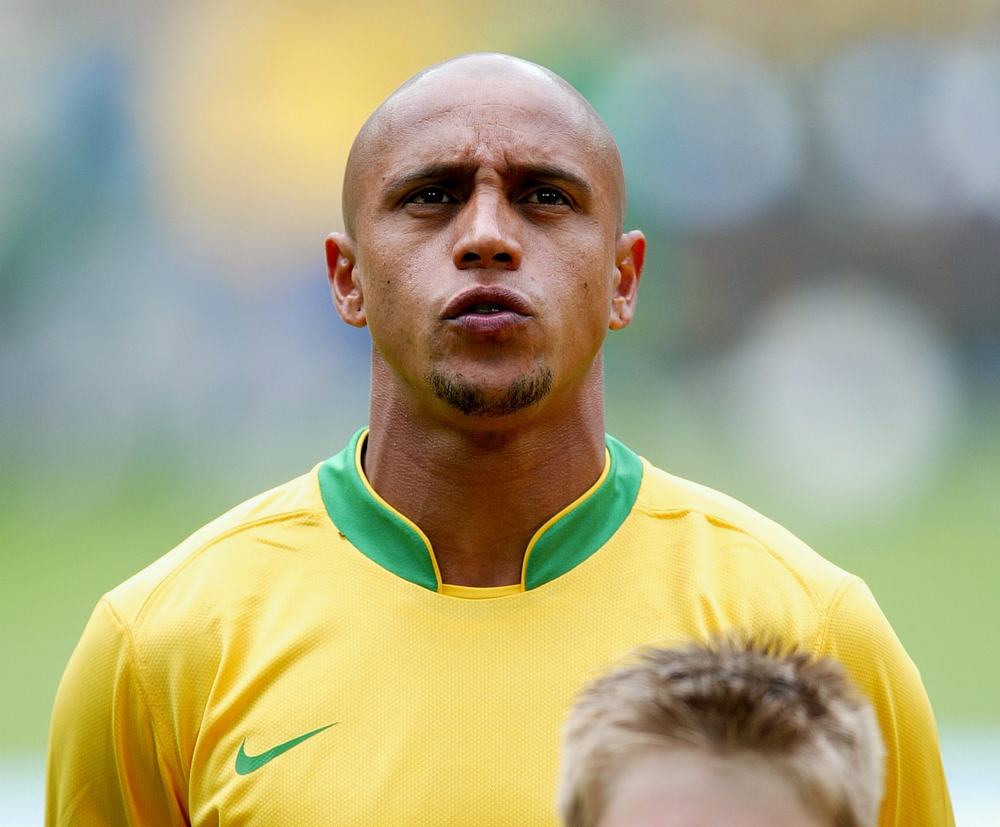
A left-back like no other, Roberto Carlos stunned fans and goalkeepers alike with explosive runs and gravity-defying free-kicks. His attacking prowess made him a Real Madrid icon during their Galáctico era.
Career highlight: His legendary bending free-kick against France at the 1997 Tournoi de France remains one of the most physics-defying goals ever scored.
88. Kevin De Bruyne
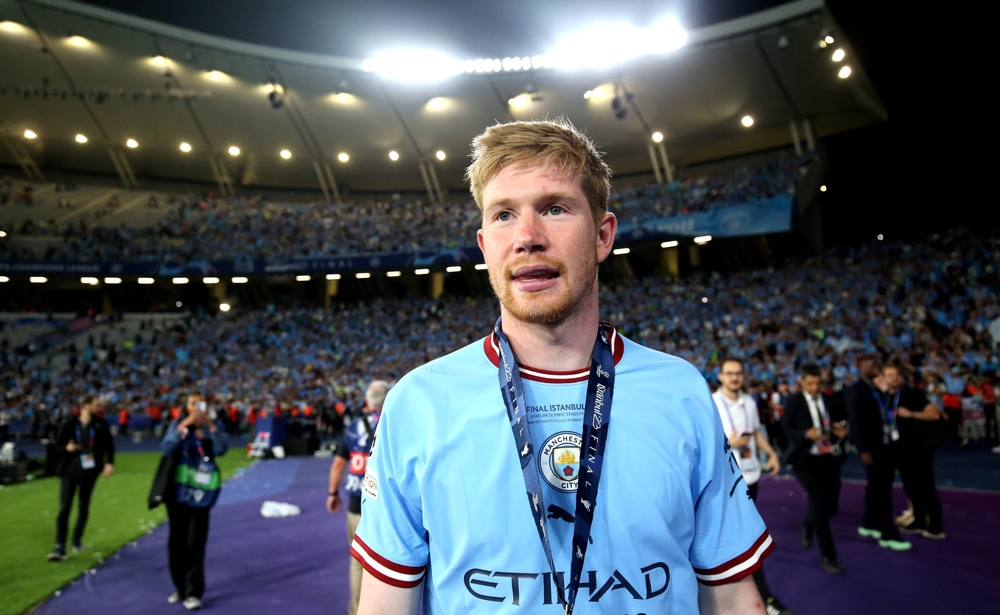
The ultimate playmaker of his generation, Kevin De Bruyne orchestrates Manchester City’s attacking symphony with laser-like passing and vision. His consistency and technical brilliance have reshaped English football.
Career highlight: Leading City to a historic treble in 2022/23, delivering assist after assist in a campaign that rewrote club history.
87. Dennis Bergkamp
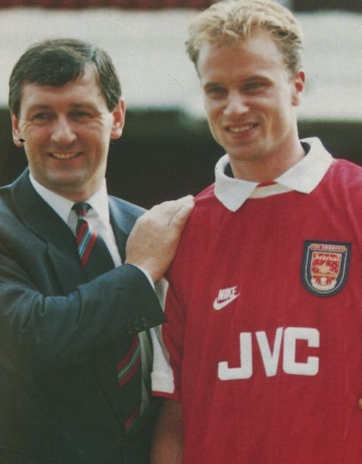
With artistry in his feet and ice in his veins, Dennis Bergkamp brought elegance and poise to the Premier League. His vision, control, and goals made him a cult hero at Arsenal and a Dutch legend.
Career highlight: That sublime pirouette and finish against Newcastle in 2002 – a goal that symbolised his genius – still lives rent-free in highlight reels.
86. Allan Simonsen
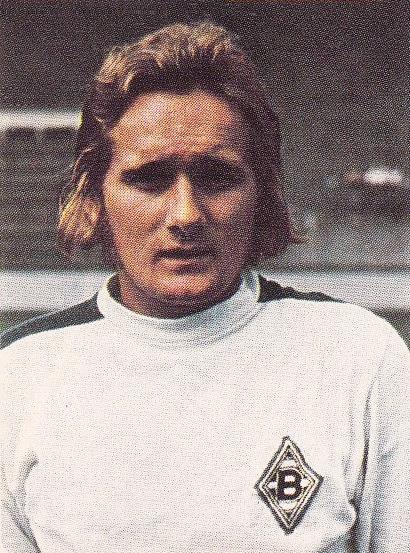
Denmark’s most decorated export before the Laudrup era, Simonsen shined across Europe with Barcelona and Borussia Mönchengladbach. A fierce competitor, he was small in stature but immense in impact.
Career highlight: Winning the Ballon d’Or in 1977, becoming the first and only Dane to claim the honour – and doing so ahead of legends like Platini and Keegan.
85. Luís Figo
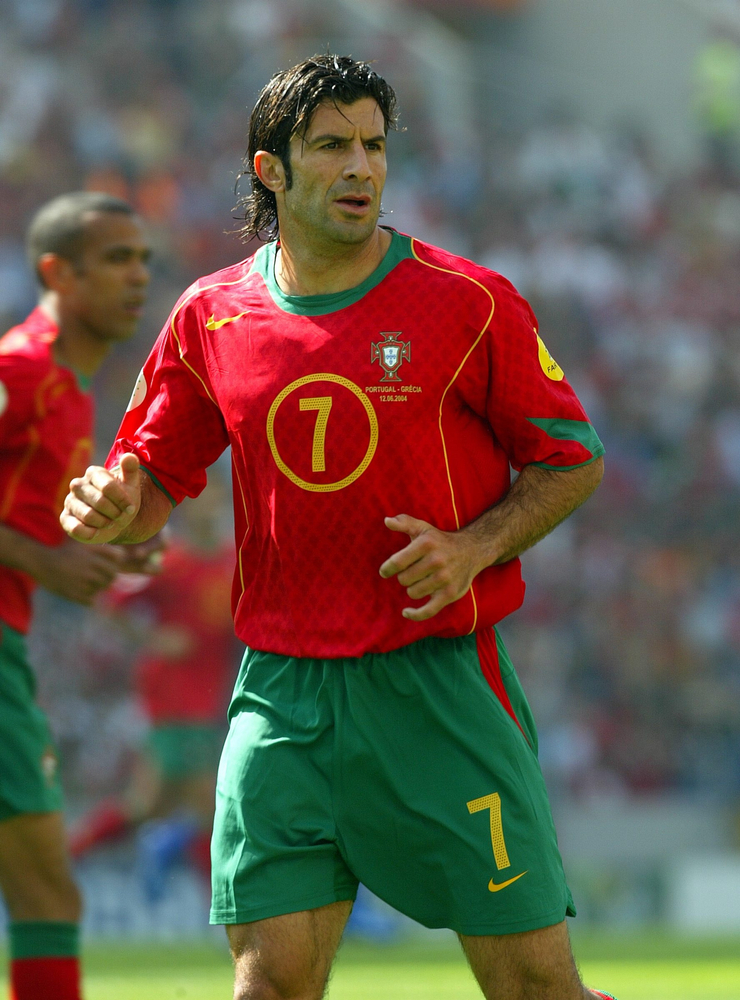
Figo’s graceful dribbling and pin-point crossing marked him out as one of the game’s true artisans. Idolised at Barcelona, vilified for joining Real Madrid, he thrived in both shirts, defining the Galáctico ethos.
Career highlight: Winning the 2002 Champions League with Real Madrid, justifying the high-profile, controversial transfer that shook world football.
84. George Weah
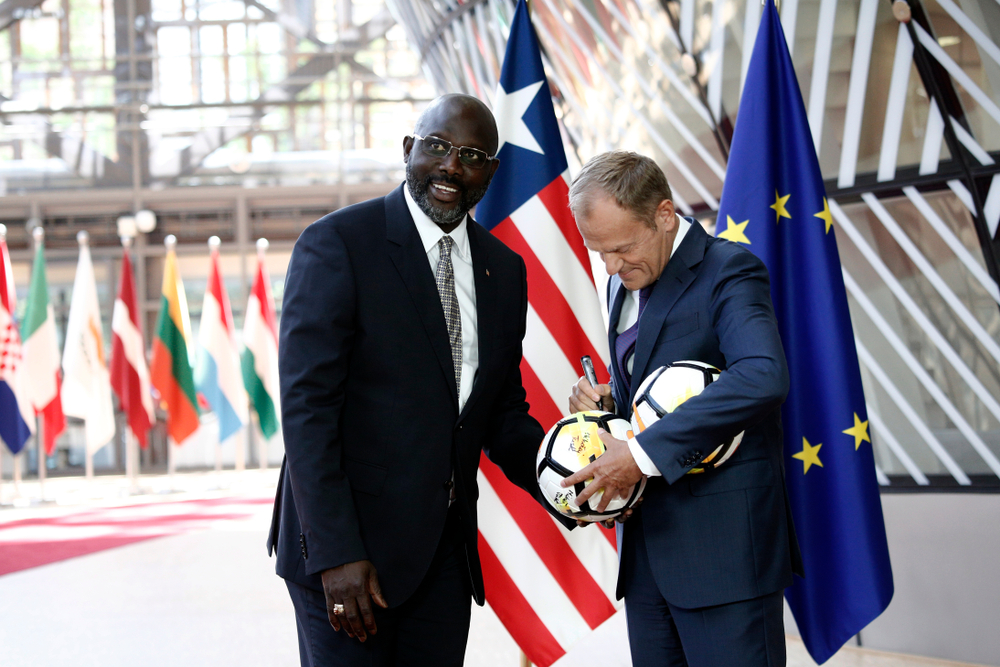
The only African to win the Ballon d’Or, George Weah was a powerful, poetic force on the pitch and a symbol of pride for an entire continent. His blend of pace, power, and finesse was simply electrifying.
Career highlight: Scoring an unforgettable coast-to-coast solo goal for AC Milan against Verona – a perfect display of his strength and elegance.
83. Sandro Mazzola
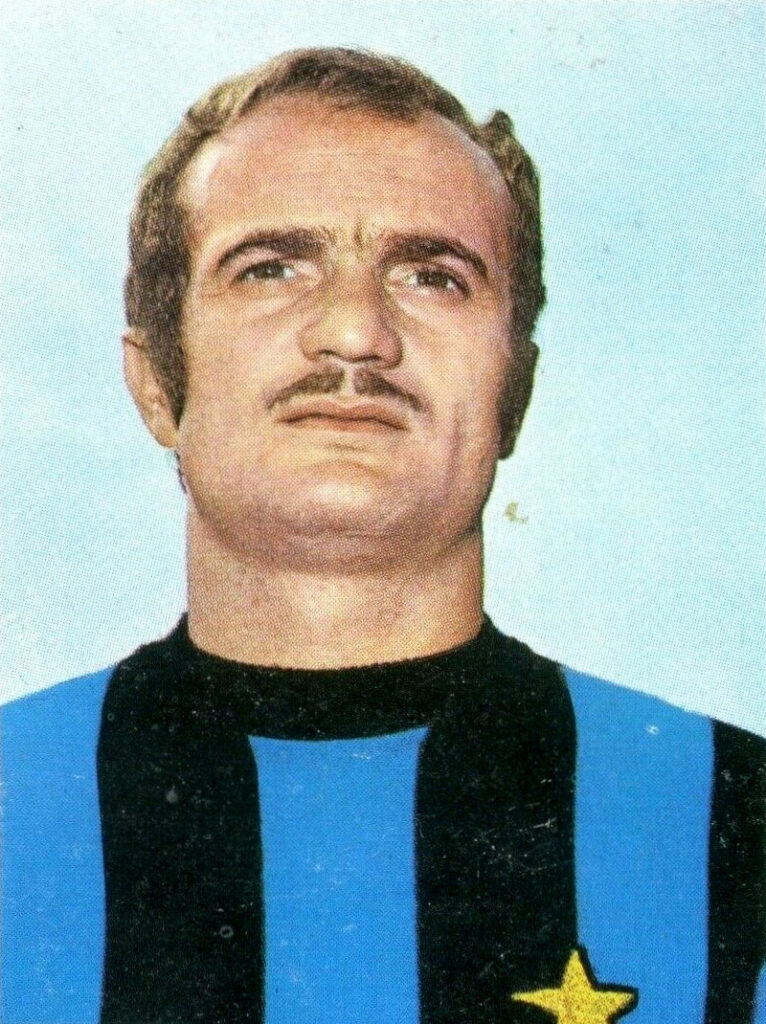
The heartbeat of Helenio Herrera’s Grande Inter, Mazzola merged tactical discipline with attacking threat in a dominant 1960s side. His football intelligence made him a vital cog in both club and country’s success.
Career highlight: Scoring twice in the 1964 European Cup Final against Real Madrid, earning personal praise from Ferenc Puskás himself.
82. Zlatan Ibrahimović
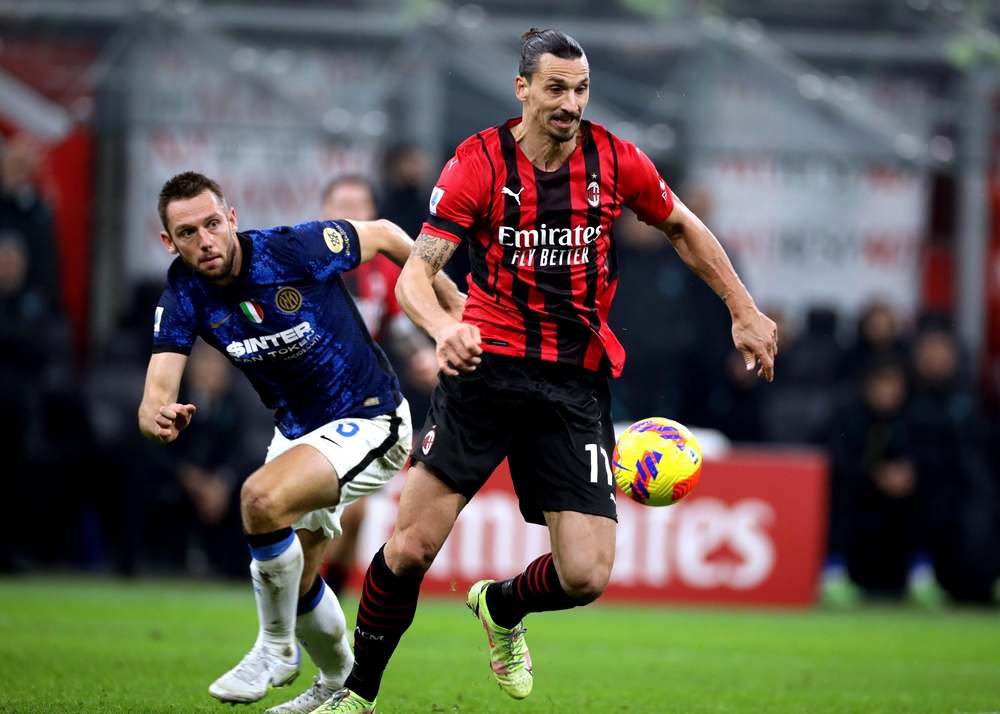
Zlatan redefined the striker archetype – physically dominant, technically gifted, and relentlessly confident. With titles across Europe and unforgettable goals, he’s become an icon far beyond football.
Career highlight: His 35-yard bicycle kick against England in 2012 remains one of the most jaw-dropping goals of all time – and a fitting Zlatan moment.
81. Mohamed Salah
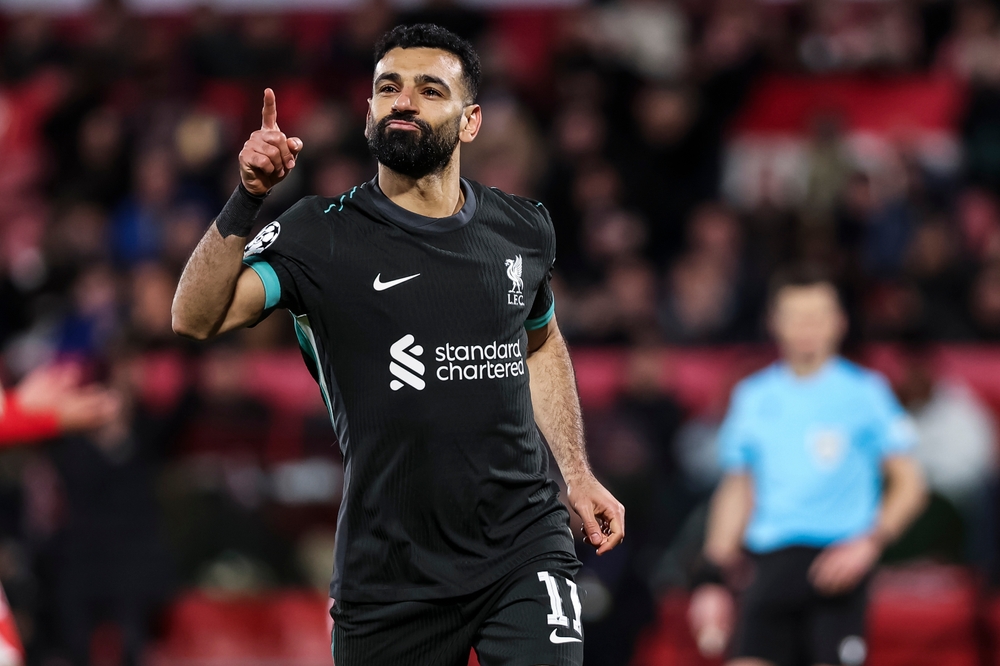
Mo Salah has become a Premier League legend with his blend of lethal finishing, speed and tireless work ethic. A global icon and Egyptian hero, he’s helped redefine the modern wide forward role.
Career highlight: Scoring a redemption goal just two minutes into the 2019 Champions League final, helping Liverpool lift their sixth European crown.
80. Kaká
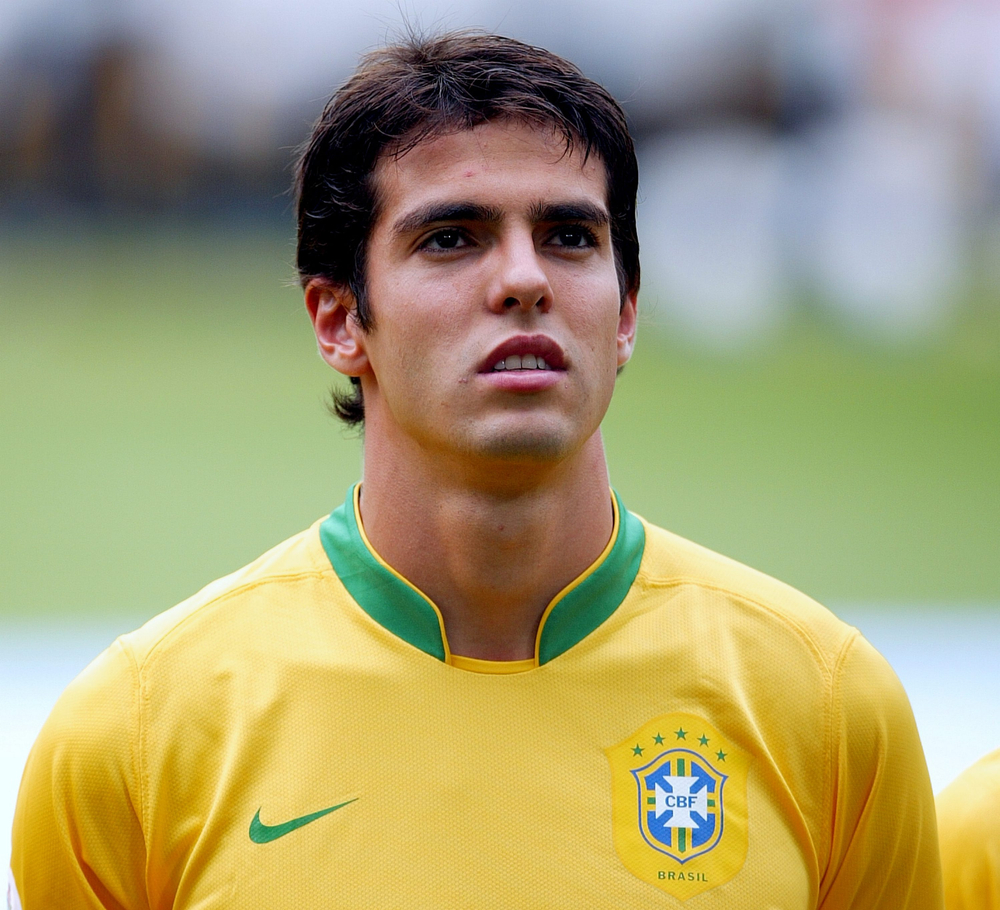
A symbol of elegance and spiritual calm, Kaká glided through defences with a rare mix of grace and explosiveness. He was the last player to win the Ballon d’Or before the Messi-Ronaldo era and led AC Milan to the top of Europe with dazzling brilliance.
Career highlight: His mesmeric performance against Manchester United in the 2007 Champions League semi-final, where he tore through their defence at Old Trafford.
79. Hristo Stoichkov

Explosive and unpredictable, Hristo Stoichkov was the wild heart of Johan Cruyff’s Barcelona Dream Team. His fierce left foot and fiery temper were equally feared, making him both a maverick and a legend.
Career highlight: Forming a short-lived but devastating partnership with Romário in 1993/94, powering Barcelona to a fourth straight league title and a staggering 54 goals between them.
78. Hugo Sánchez
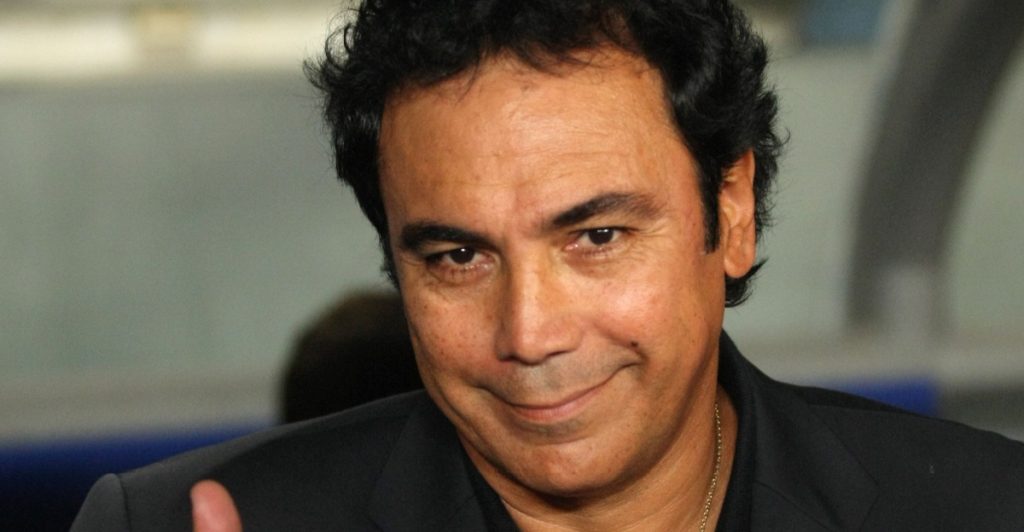
Mexico’s greatest-ever player, Hugo Sánchez was known for his acrobatic finishes and prolific scoring record. At Real Madrid, his somersaults became iconic and his goal tally historic.
Career highlight: Winning La Liga, the Copa del Rey, and the European Golden Boot in 1989 after scoring 45 goals in just 42 games.
77. Jimmy Greaves
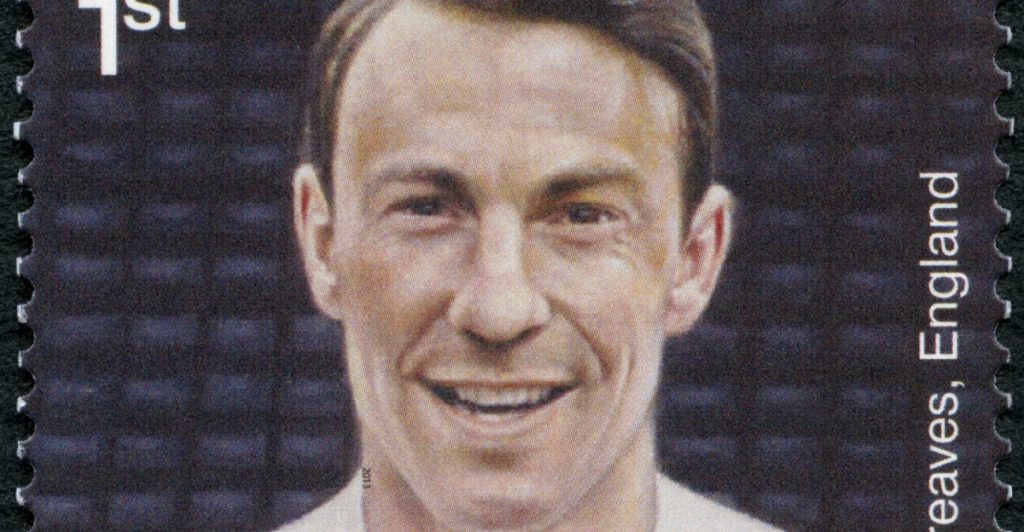
A natural-born goalscorer, Jimmy Greaves was peerless in front of goal. England’s most clinical striker, he held scoring records that still defy modern comparisons and was the king of the penalty area.
Career highlight: Scoring twice in Tottenham’s 1963 Cup Winners’ Cup final, leading Spurs to become the first British club to win a European trophy.
76. Alan Shearer

The Premier League’s all-time top scorer, Alan Shearer was the definition of consistency and brute forward power. Loyal to his roots, he led the line with relentless ferocity for club and country.
Career highlight: Winning the Premier League with Blackburn Rovers in 1995 – and later breaking Newcastle United’s all-time scoring record at his boyhood club.
75. Josef Masopust
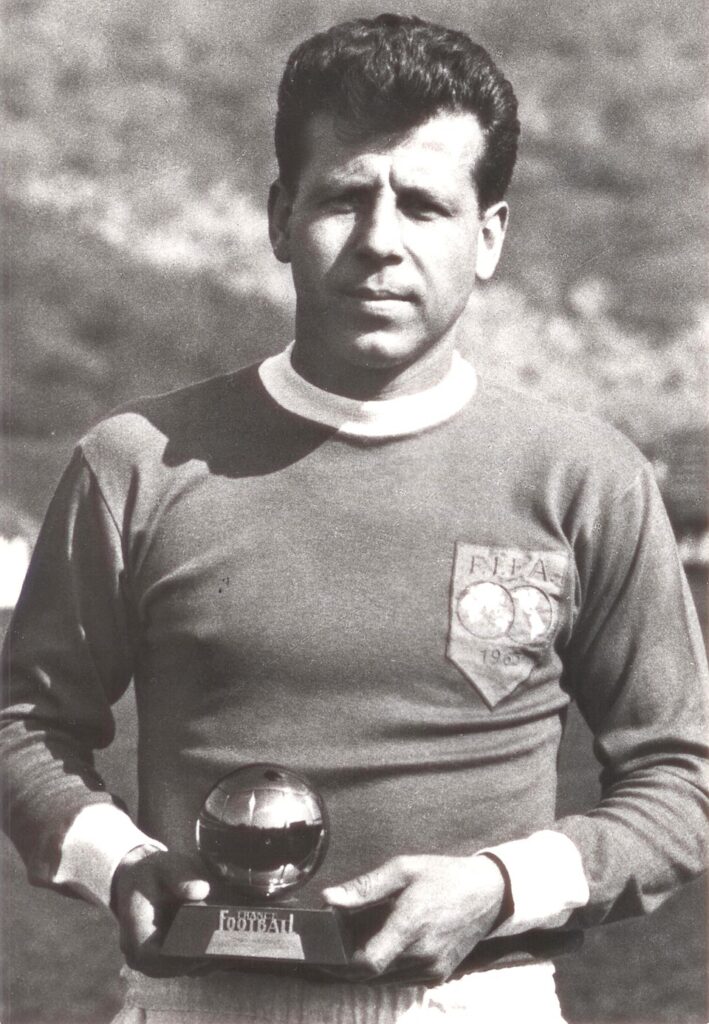
A gentleman on the pitch and a midfield maestro, Masopust was known as much for his sportsmanship as for his technical excellence. He led by example with both elegance and humility.
Career highlight: Scoring in the 1962 World Cup Final and winning the Ballon d’Or the same year, cementing his place as one of Eastern Europe’s finest.
74. Just Fontaine

Fontaine’s name is etched into World Cup folklore thanks to a single, incredible tournament. A deadly finisher, he scored with both feet and bewildered defenders with ease.
Career highlight: Scoring 13 goals at the 1958 World Cup – still the most ever in a single tournament – including four against West Germany in the third-place match.
73. Rivellino
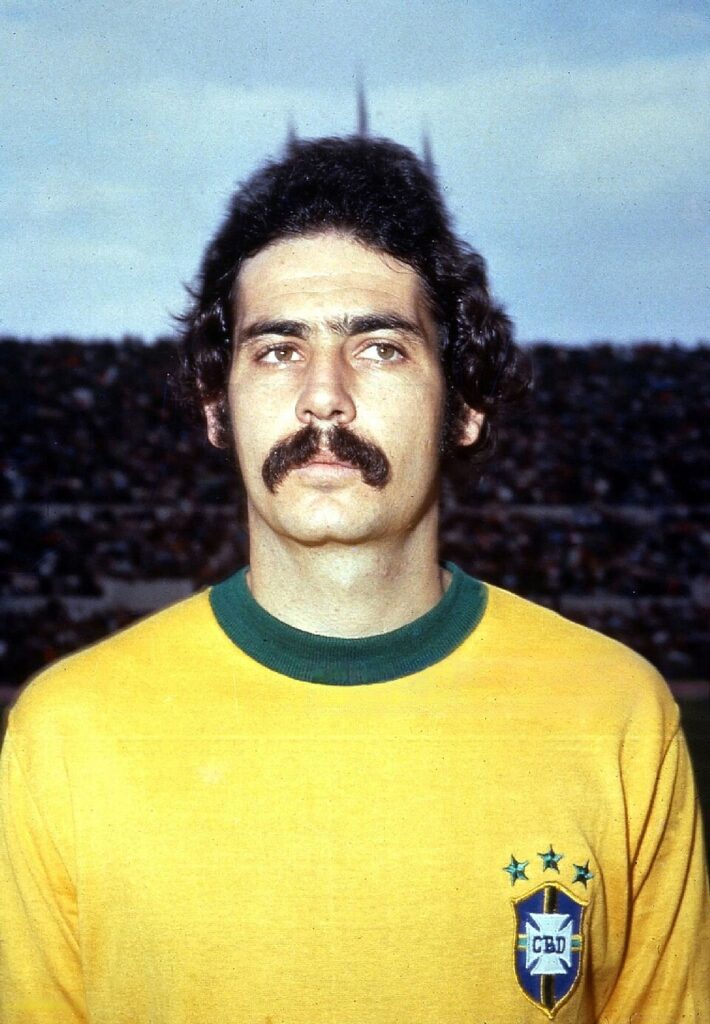
The moustachioed Brazilian magician known for inventing the “elastico” dribble, Rivellino was a creative dynamo and a long-range missile launcher. His left foot was pure spectacle.
Career highlight: His powerful free-kick in Brazil’s opening match at the 1970 World Cup, breaking through the wall and igniting their legendary tournament run.
72. Florian Albert
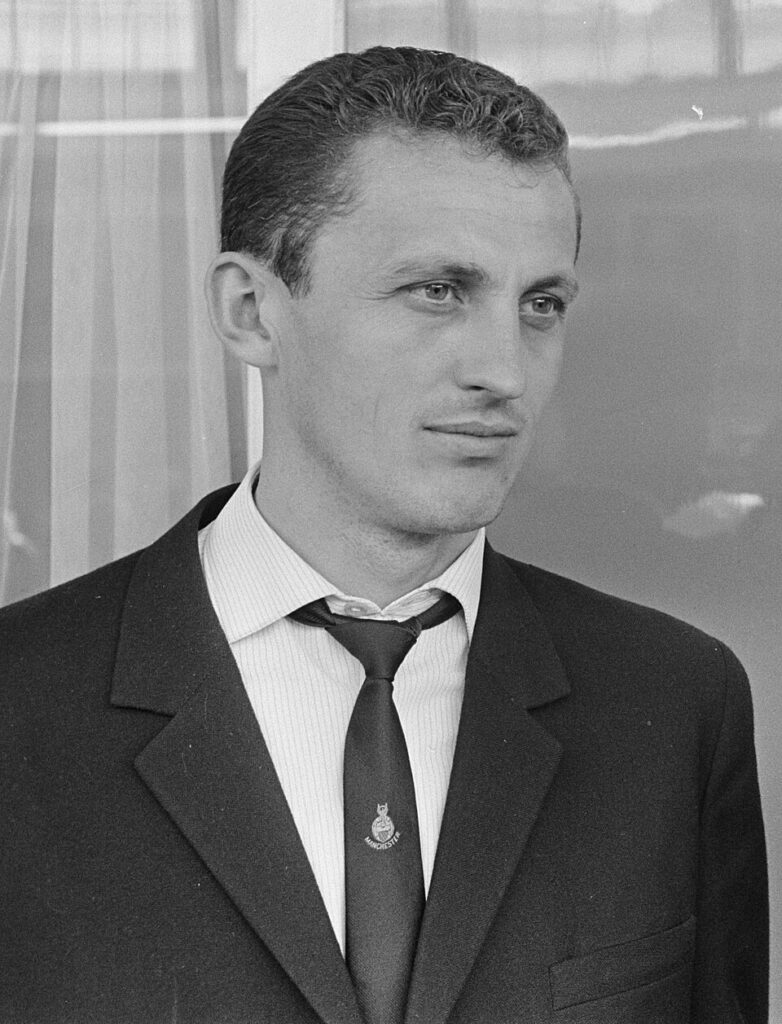
Nicknamed “The Emperor,” Florian Albert was an artist in attack, combining intelligence with elegant movement. A one-club legend at Ferencváros, he brought joy to Hungarian football.
Career highlight: Winning the Ballon d’Or in 1967 and shining at the 1962 World Cup at age 20 with four goals for Hungary.
71. Frank Rijkaard
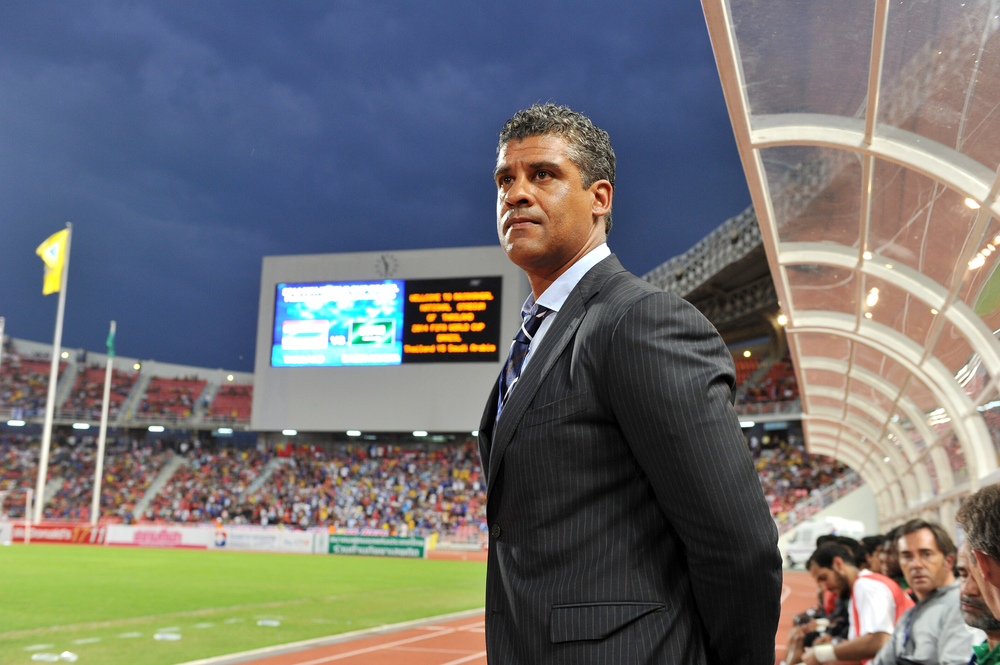
Frank Rijkaard was the blueprint for the modern midfield general: physical, intelligent, and tactically refined. He starred in three of the greatest teams of his era and adapted effortlessly.
Career highlight: Scoring the winning goal in the 1990 European Cup Final for AC Milan and later returning to Ajax to help win the Champions League in 1995.
70. Cafu
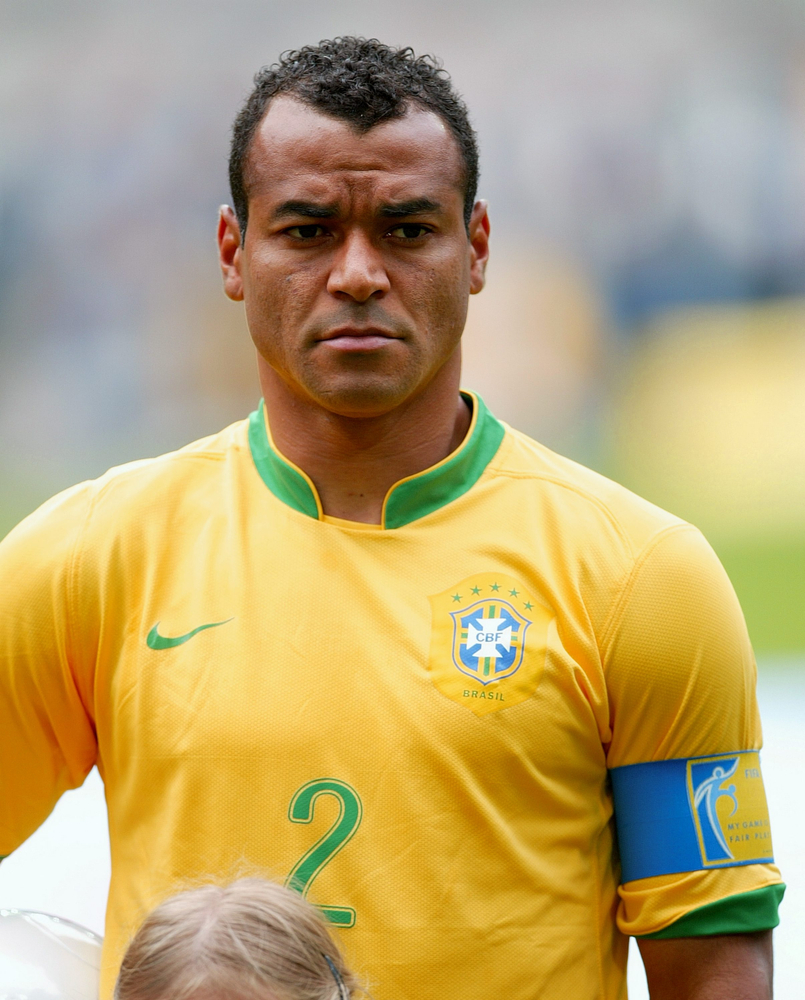
Cafu was a relentless force down the right flank, blending tireless energy with attacking flair. As the only player to appear in three World Cup finals, his legendary stamina and leadership helped define Brazil’s golden generations.
Career highlight: Lifting the 2002 World Cup trophy while shouting “Regina, eu te amo” from the podium – a career crowned with love, glory, and unmatched endurance.
69. José Leandro Andrade
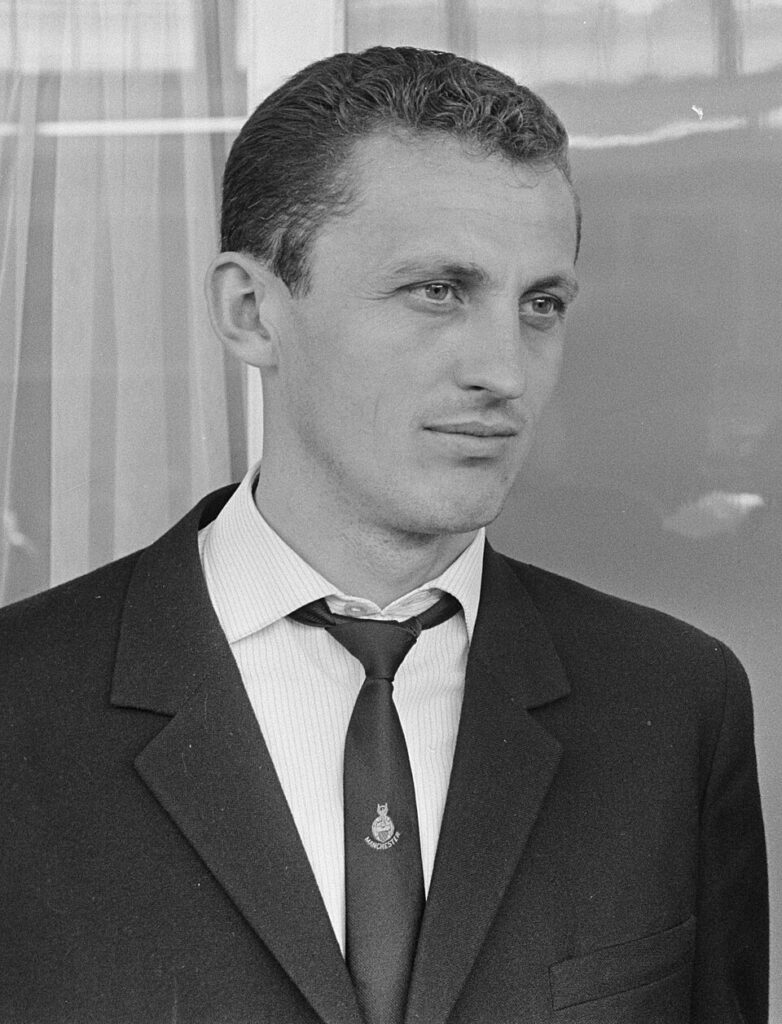
Nicknamed “The Black Pearl,” Andrade was a trailblazer for black players and a defensive midfielder of supreme athleticism. He was central to Uruguay’s early footballing dominance in the 1920s and 1930s.
Career highlight: Becoming the first black footballer to play in the Olympics and winning gold with Uruguay in 1924 – a historic moment for football and representation.
68. John Charles
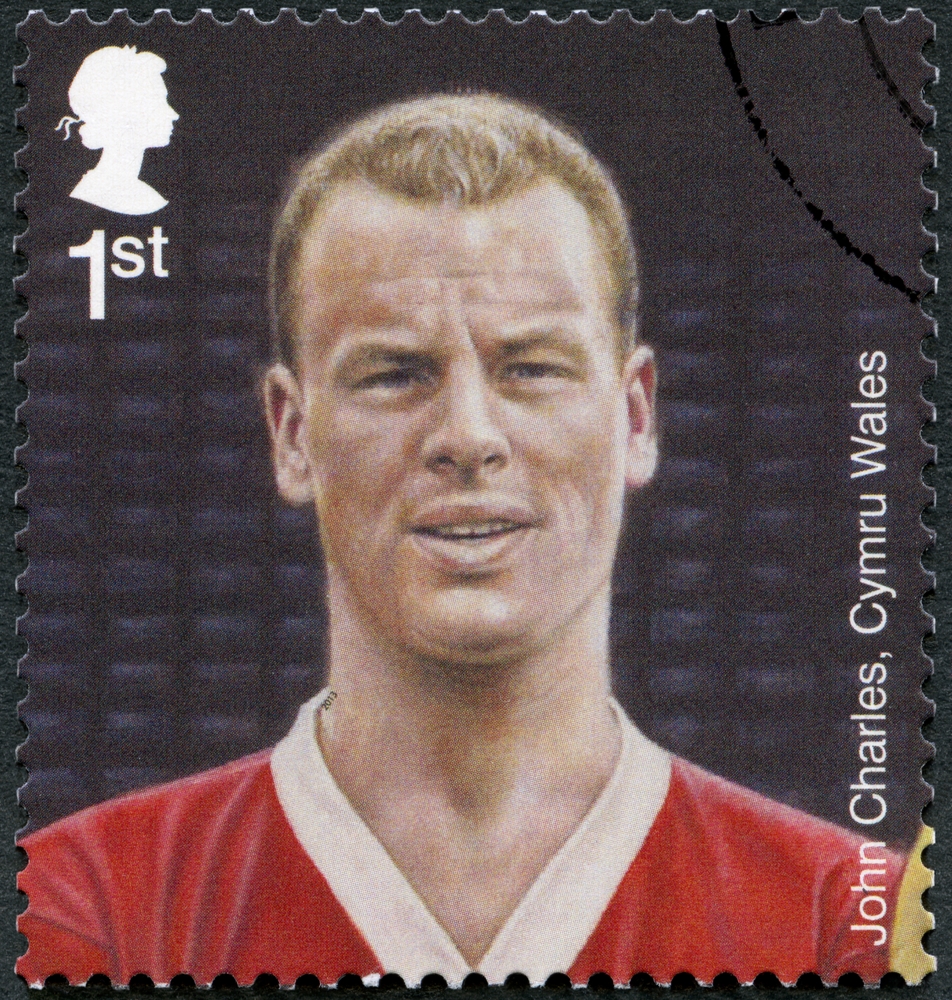
A gentle giant with a poet’s touch, John Charles combined brute strength with elegant technique. Revered at Juventus, he became their greatest foreign player and proved that size and skill could go hand in hand.
Career highlight: Scoring 42 goals in the 1953/54 season for Leeds after seamlessly switching from centre-half to centre-forward – showcasing his rare versatility.
67. José Manuel Moreno
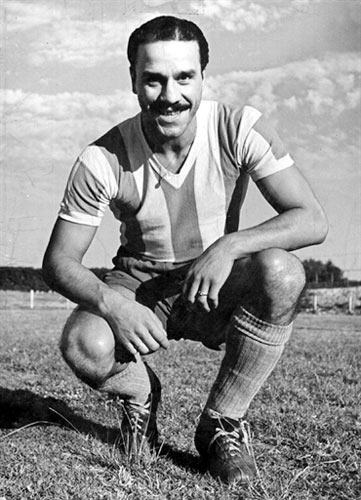
The jewel of River Plate’s famed “La Máquina” side, Moreno was a forward of extraordinary talent, capable of orchestrating attacks or finishing them himself. His career spanned four different countries, all of which he conquered.
Career highlight: Winning Copa América titles in both 1941 and 1947 with Argentina, while becoming the first footballer to win league titles in four different nations.
66. Gordon Banks

Gordon Banks is remembered not just as a World Cup winner but as the man behind the greatest save in football history. Calm and commanding, he was England’s last line of defence during its golden age.
Career highlight: His stunning save from Pelé’s header at the 1970 World Cup remains an immortal moment of goalkeeping brilliance.
65. Denis Law
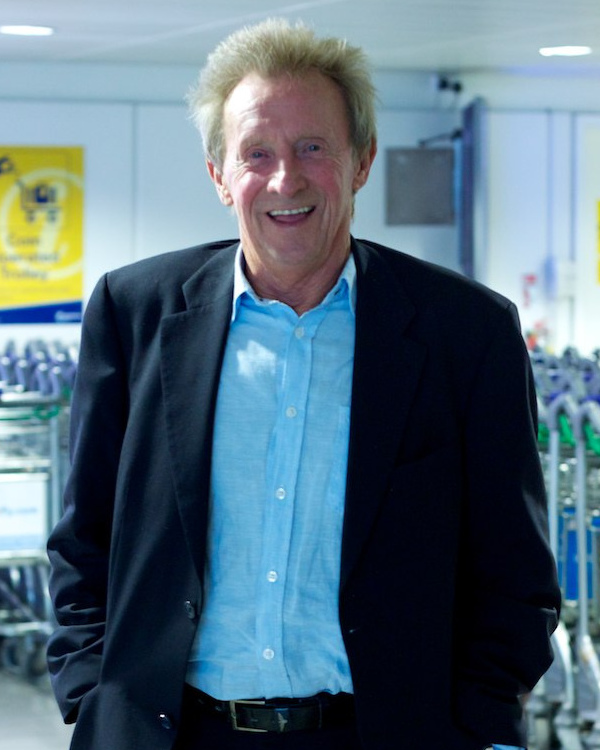
“The Lawman” was a fearless finisher with a flair for the dramatic. A core figure in Manchester United’s rise, he completed the club’s iconic “Holy Trinity” alongside Best and Charlton.
Career highlight: Winning the Ballon d’Or in 1964/65 after spearheading United’s title-winning campaign with ruthless precision.
64. Johan Neeskens
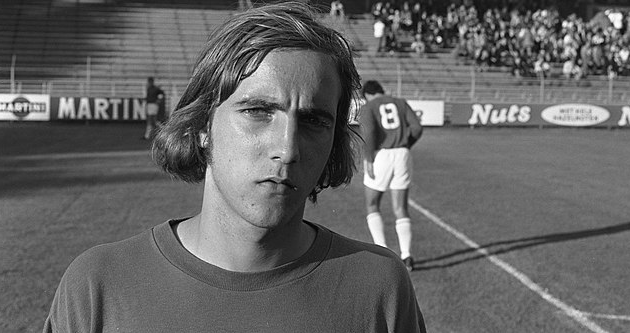
Total Football’s unsung engine, Neeskens was the perfect partner for Cruyff, blending intelligence, grit and technique. He was a midfield dynamo who made the Dutch system tick at its peak.
Career highlight: Scoring a penalty just two minutes into the 1974 World Cup Final against West Germany – a moment of early Dutch hope in an iconic match.
63. Gunnar Nordahl
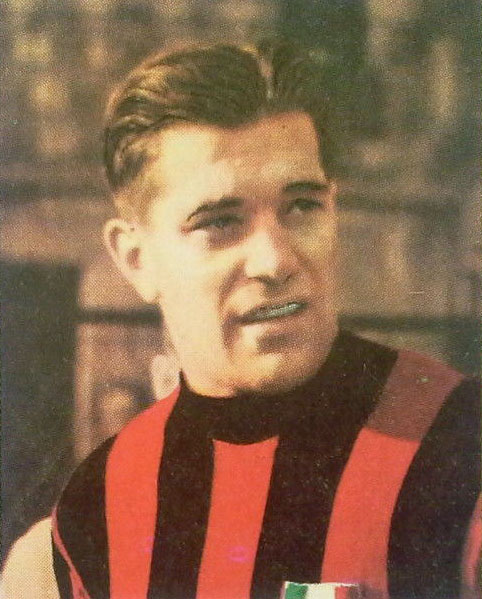
A hulking Swedish goal machine, Gunnar Nordahl was unstoppable in front of goal, dominating Serie A with his power and consistency. He remains AC Milan’s all-time top scorer.
Career highlight: Leading Sweden to Olympic gold in 1948 and later forming the legendary “Gre-No-Li” trio that transformed Italian football.
62. Ronald Koeman
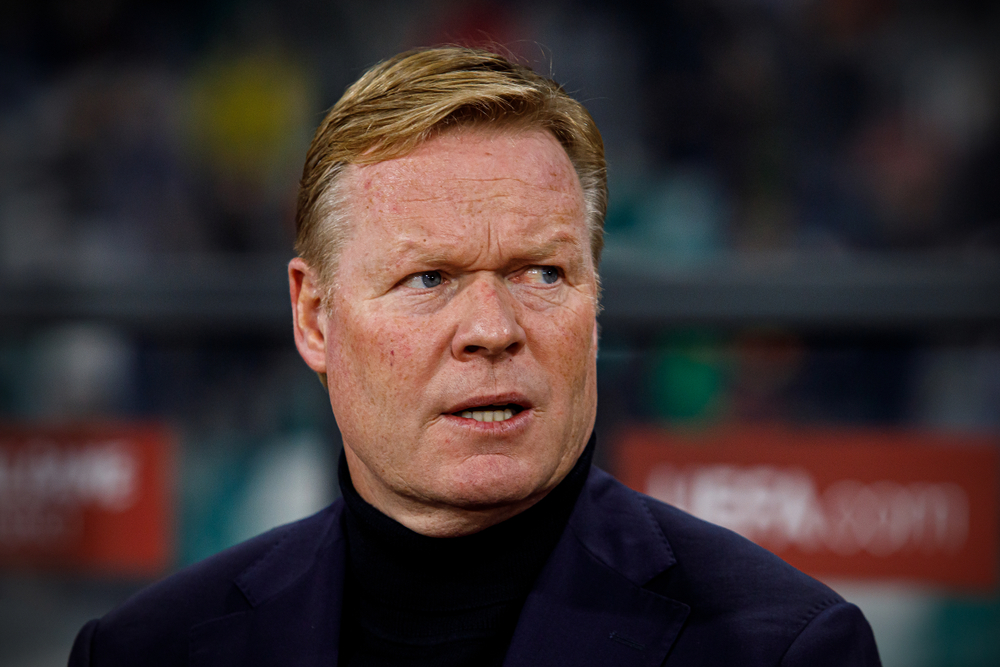
The deadliest defender in football history, Ronald Koeman fused defensive discipline with a rocket-powered right foot. He was pivotal in the rise of Johan Cruyff’s Barcelona Dream Team.
Career highlight: Scoring the winning goal in the 1992 European Cup Final against Sampdoria – Barcelona’s first ever triumph on that stage.
61. Neymar
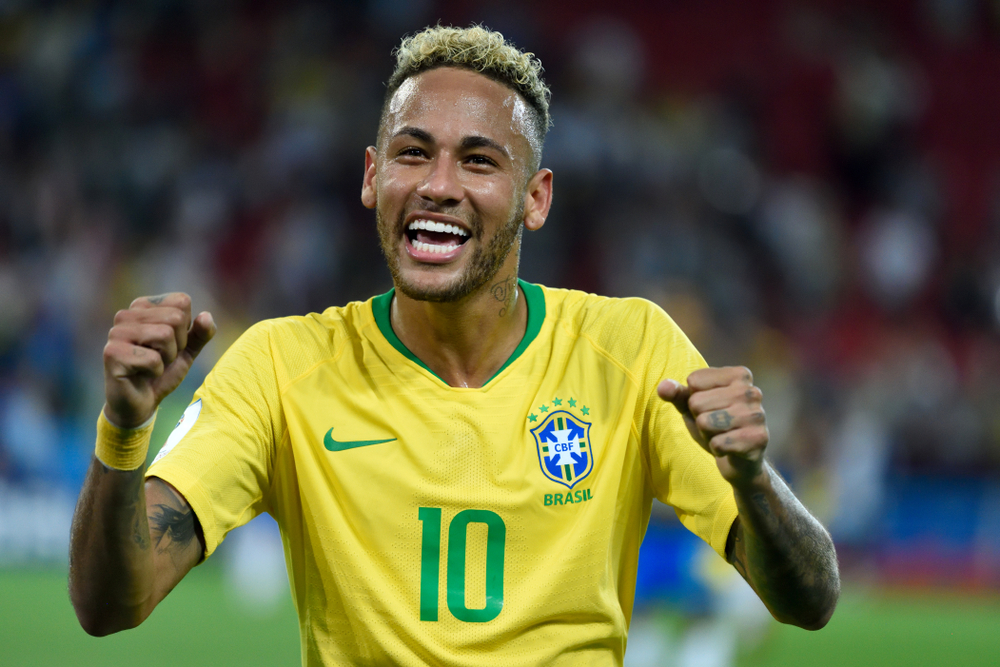
A mercurial talent with flair and devastating efficiency, Neymar has juggled showmanship with statistics throughout his career. At both Barcelona and Brazil, he’s been a phenomenon.
Career highlight: Becoming Brazil’s all-time top scorer in 2023, surpassing Pelé – a milestone few thought would ever be reached.
60. Karl-Heinz Rummenigge
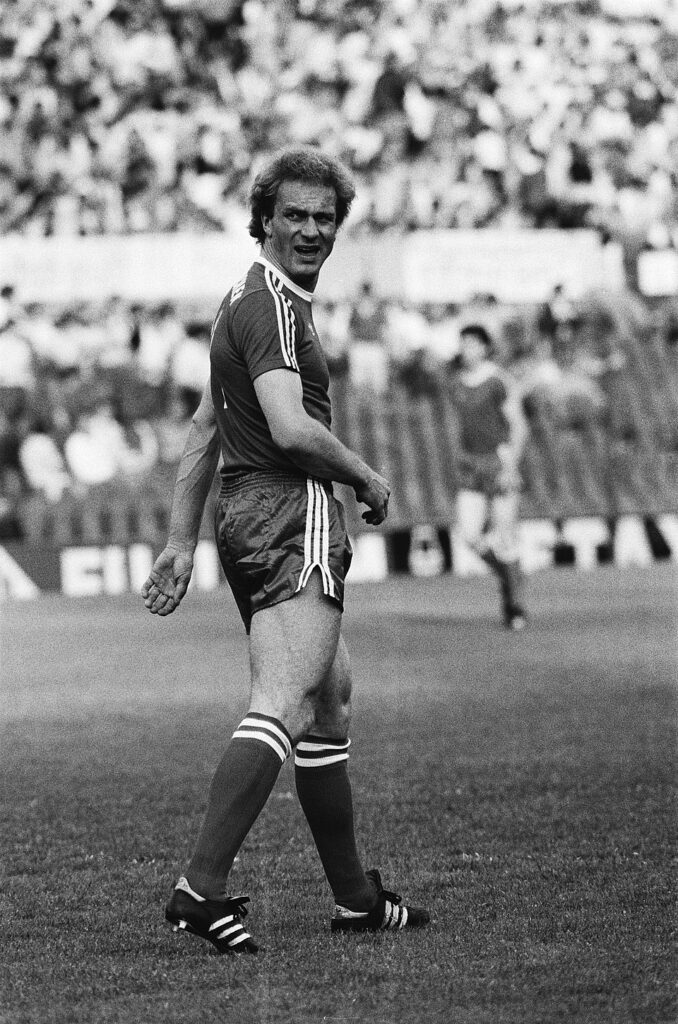
Rummenigge was the ideal forward of his era: powerful, technical and relentlessly efficient. A dribbler with deceptive strength and a vicious shot, he led both Bayern Munich and West Germany to numerous triumphs.
Career highlight: Scoring in the first-ever World Cup penalty shootout in 1982 to help West Germany edge France in one of the most dramatic semi-finals ever.
59. Gianni Rivera
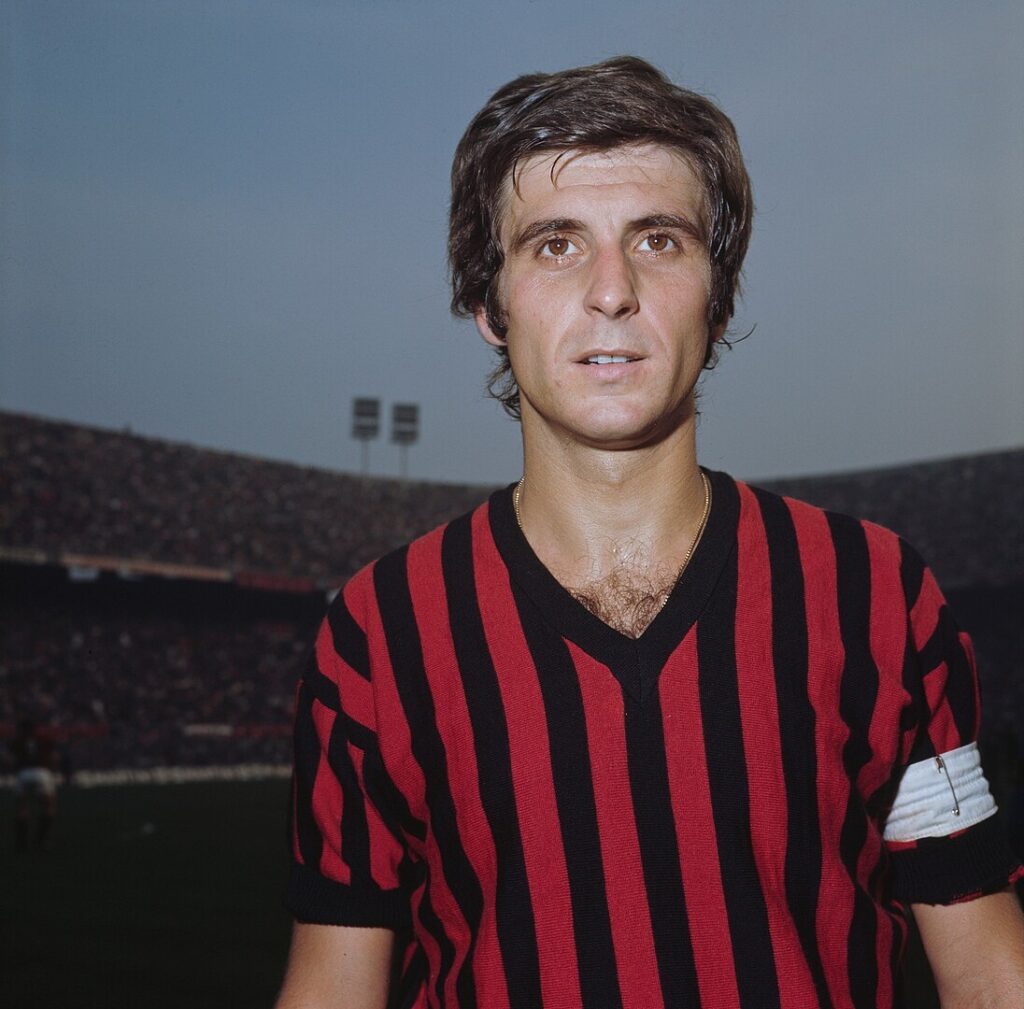
Known as “Golden Boy,” Gianni Rivera was the creative heartbeat of AC Milan for two decades. Elegant and visionary, his passing wizardry made him the architect of many Rossoneri triumphs.
Career highlight: Providing a series of sublime assists in Milan’s 1963 European Cup Final victory – a performance that led to his Ballon d’Or win six years later.
58. Daniel Passarella
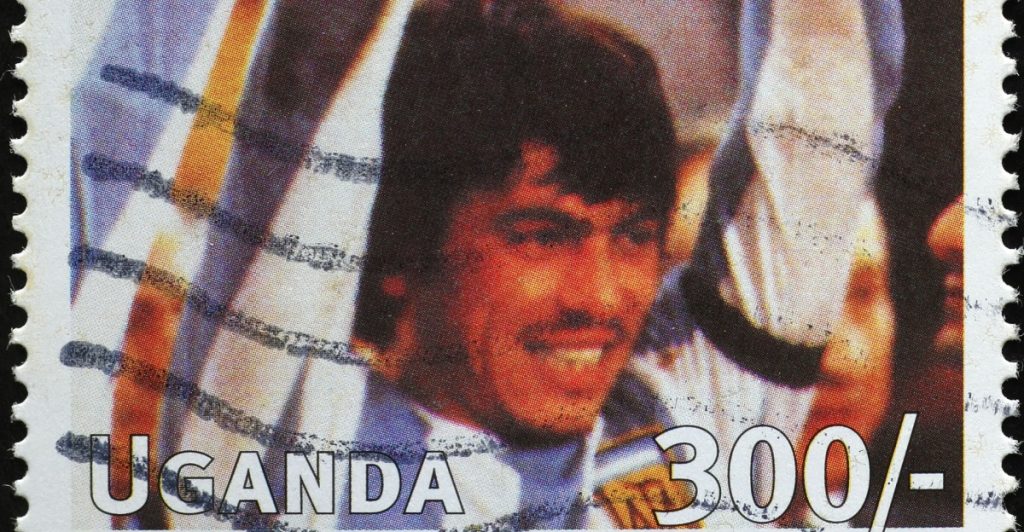
Nicknamed “The Great Captain,” Passarella redefined the centre-back role with his mix of grit, leadership, and scoring ability. Despite his modest height, he dominated both aerial duels and opposition attacks.
Career highlight: Captaining Argentina to their first World Cup title in 1978 – a campaign where he was a defensive colossus and inspirational leader.
57. Fritz Walter
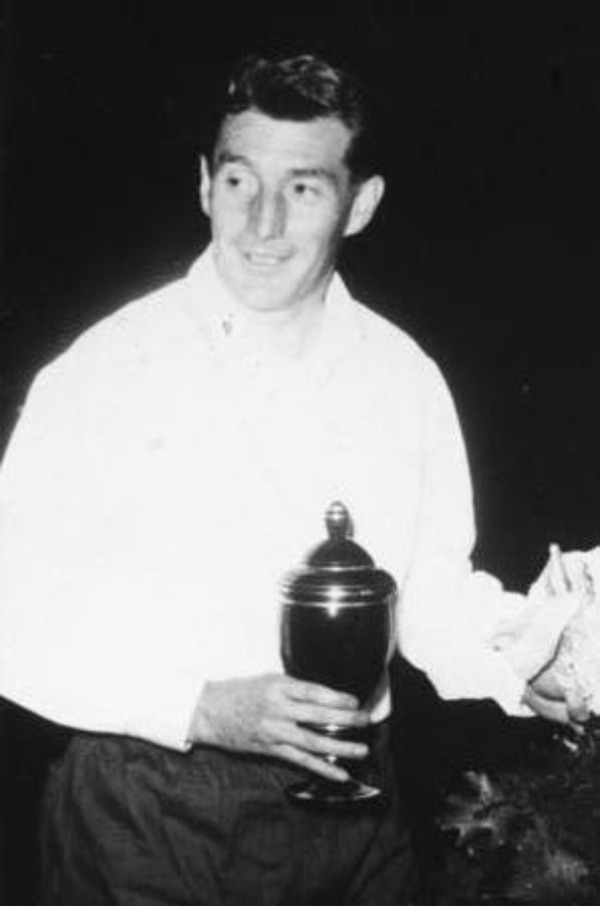
A one-club man with Kaiserslautern, Walter was the talisman for West Germany during their miraculous 1954 World Cup win. A playmaker and scorer, his football IQ was far ahead of his time.
Career highlight: Playing a decisive role in West Germany’s stunning 3–2 comeback win over Hungary in the 1954 World Cup Final – the “Miracle of Bern.”
56. Juan Alberto Schiaffino
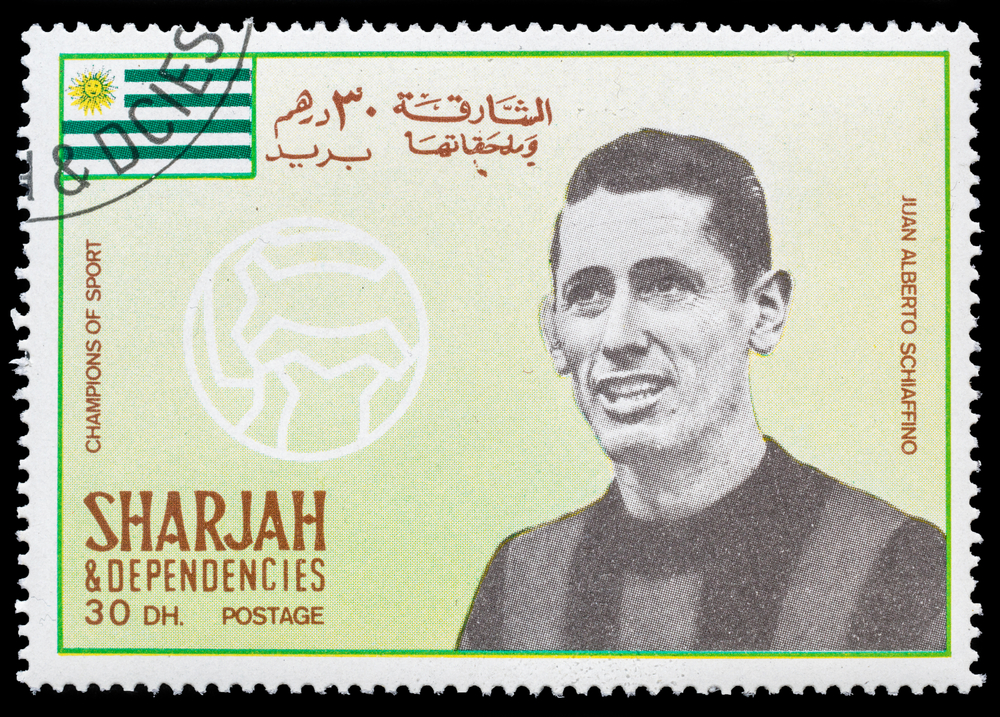
Schiaffino was Uruguay’s cerebral playmaker whose intelligence and vision guided his teams to trophies across South America and Europe. His composure under pressure became legendary.
Career highlight: Scoring the equaliser in the 1950 World Cup Final against Brazil, helping Uruguay pull off the “Maracanazo” – one of football’s greatest upsets.
55. Dino Zoff
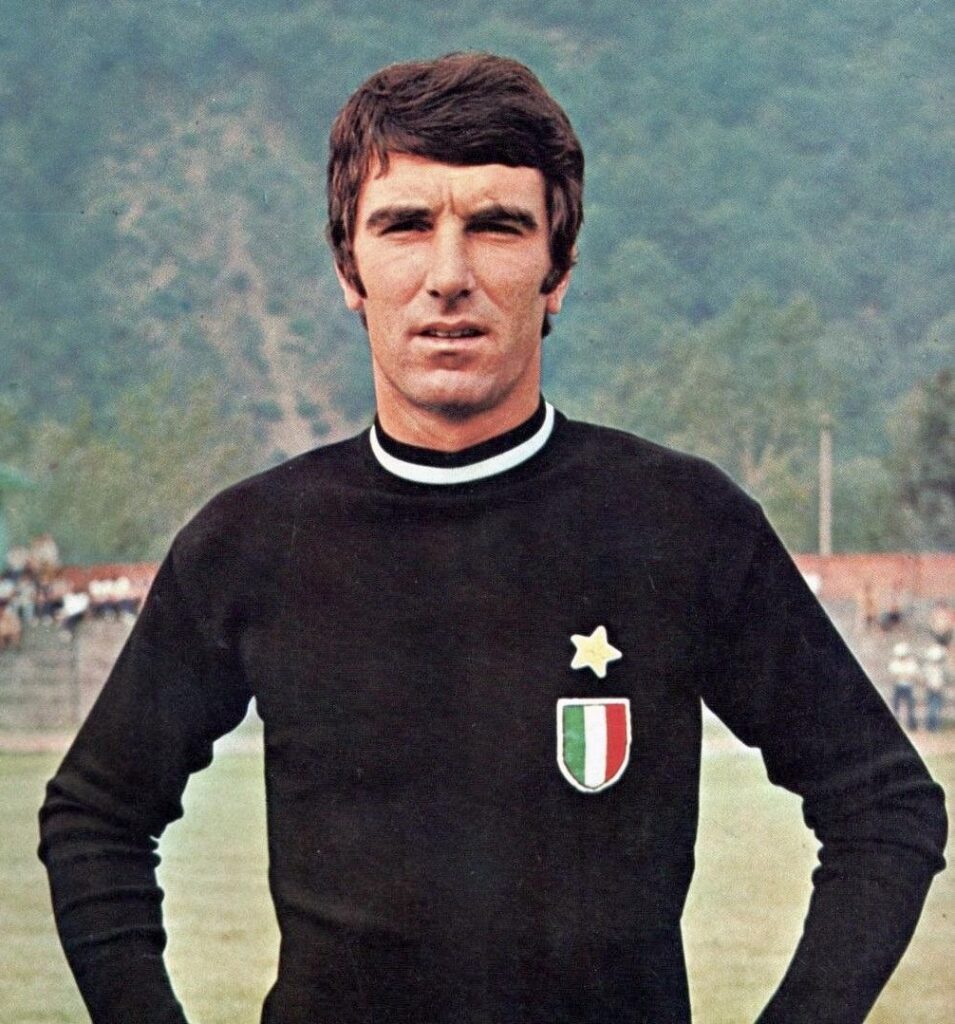
Italy’s elder statesman and eternal wall, Zoff combined discipline, poise, and world-class reflexes into a career that lasted into his 40s. He was a natural leader and winner throughout.
Career highlight: Captaining Italy to World Cup victory in 1982 at the age of 40, becoming the oldest player to win the tournament.
54. Gaetano Scirea
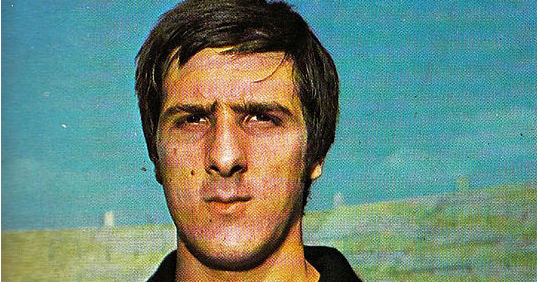
Known for his grace and intelligence, Scirea played as a libero with elegance rarely seen in defenders. His anticipation and timing made him the quiet backbone of Juventus and Italy’s golden generation.
Career highlight: Delivering flawless defensive performances throughout Italy’s 1982 World Cup run, culminating in lifting the trophy alongside Dino Zoff.
53. Jairzinho
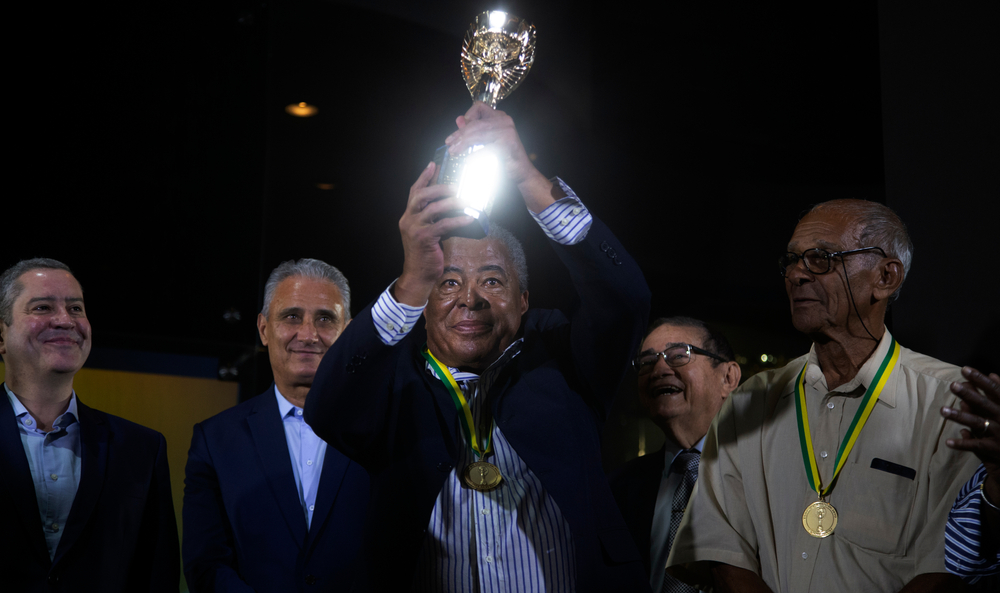
Nicknamed “The Hurricane,” Jairzinho’s power, pace and goalscoring were key to Brazil’s legendary 1970 squad. His consistent brilliance made him one of the tournament’s most memorable figures.
Career highlight: Scoring in every match of the 1970 World Cup – a unique record that helped Brazil lift their third title with style.
52. Kevin Keegan

Keegan embodied passion and perseverance, leading Liverpool and Hamburg to glory. His dynamic style and relentless work ethic made him beloved in England and Germany alike.
Career highlight: Winning back-to-back Ballon d’Or awards in 1978 and 1979 while playing for Hamburg – proving his world-class quality beyond England.
51. Rivaldo
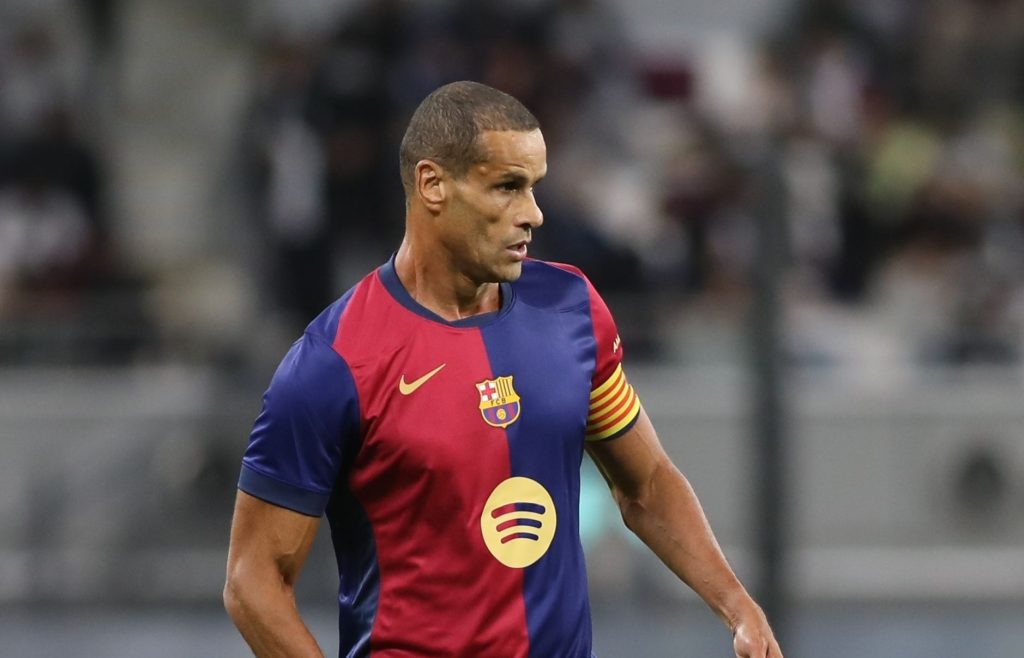
A magician with a thunderous left foot, Rivaldo mesmerised defenders with his close control, creativity and fearless shooting. He was often Brazil’s match-winner when it mattered most.
Career highlight: Scoring a hat-trick – capped by a legendary overhead kick – against Valencia in 2001 to send Barcelona into the Champions League.
50. Wayne Rooney
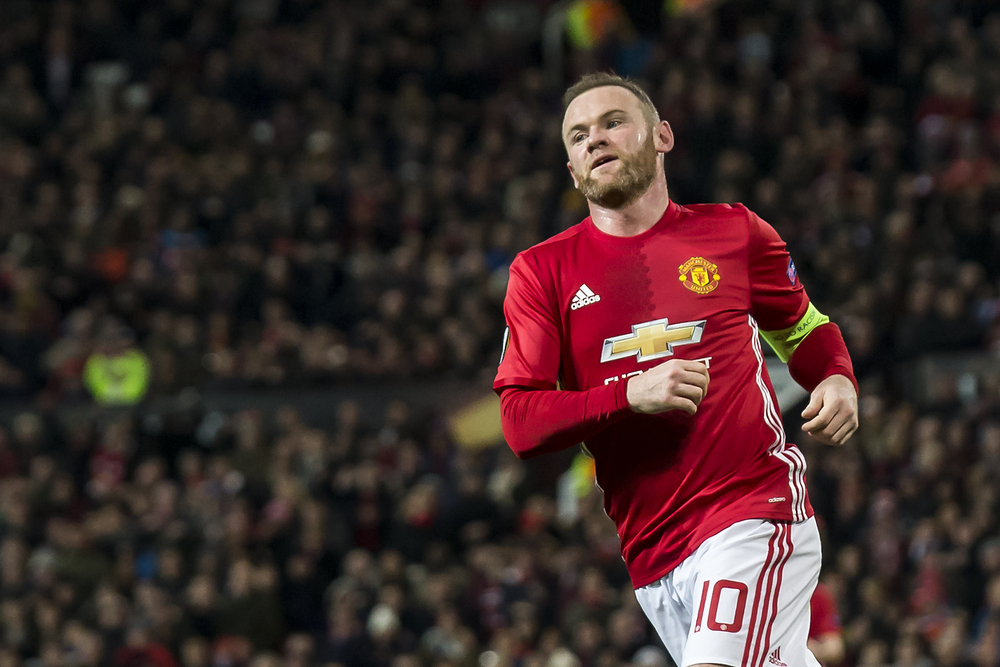
Explosive, intelligent, and relentlessly driven, Wayne Rooney burst onto the scene as a teenage sensation and ended his career as England and Manchester United’s all-time top scorer. Equal parts brute force and sublime finesse.
Career highlight: His electrifying performance at Euro 2004, where he emerged as Europe’s most exciting teenager and transformed England’s attacking threat.
49. Didi
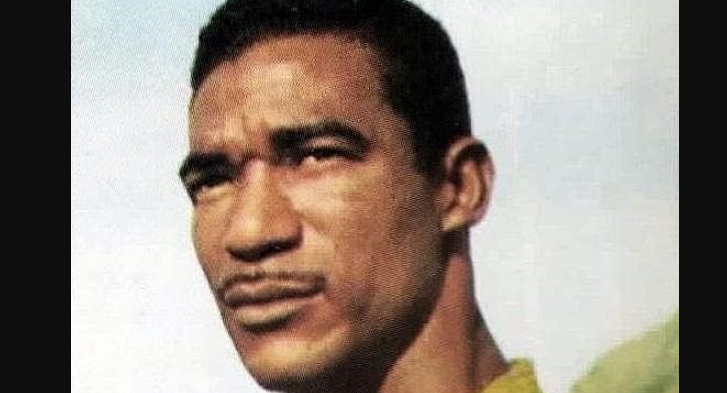
The metronome of Brazil’s 1958 and 1962 World Cup-winning sides, Didi was elegance personified. A set-piece genius and midfield maestro, he was the first to master the ‘knuckleball’ free-kick technique.
Career highlight: Being named Player of the Tournament at the 1958 World Cup ahead of Pele and Fontaine – a mark of his quiet but dominant brilliance.
48. Gianluigi Buffon
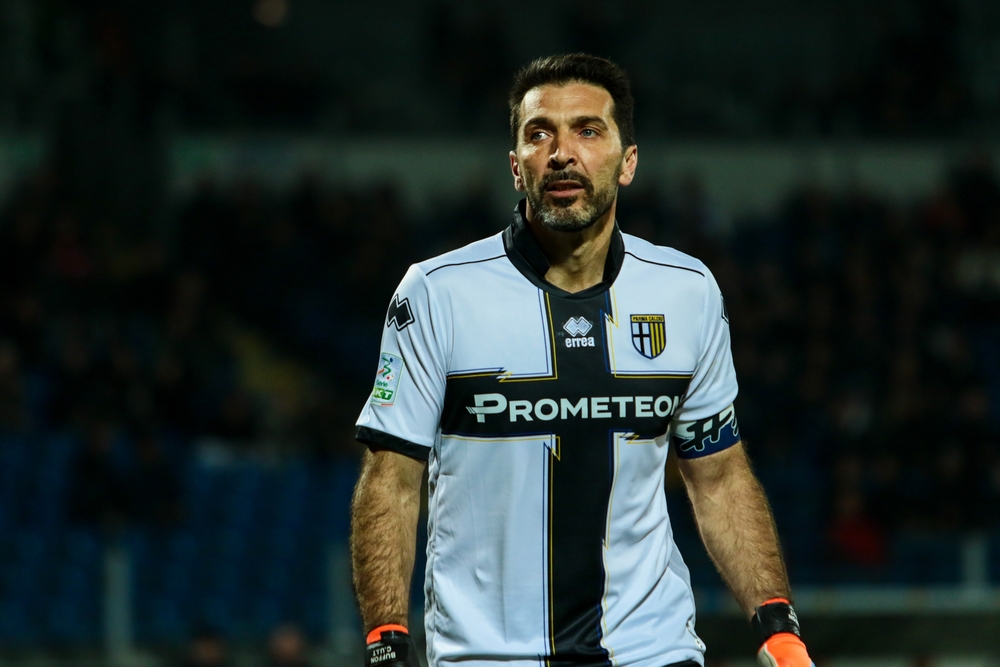
Buffon combined commanding presence with cat-like reflexes across three decades, becoming a byword for goalkeeping excellence. A leader for both club and country, he aged like a fine Italian wine.
Career highlight: Winning the 2006 World Cup with Italy during a period of domestic scandal, standing tall as a beacon of pride and resilience.
47. Günter Netzer
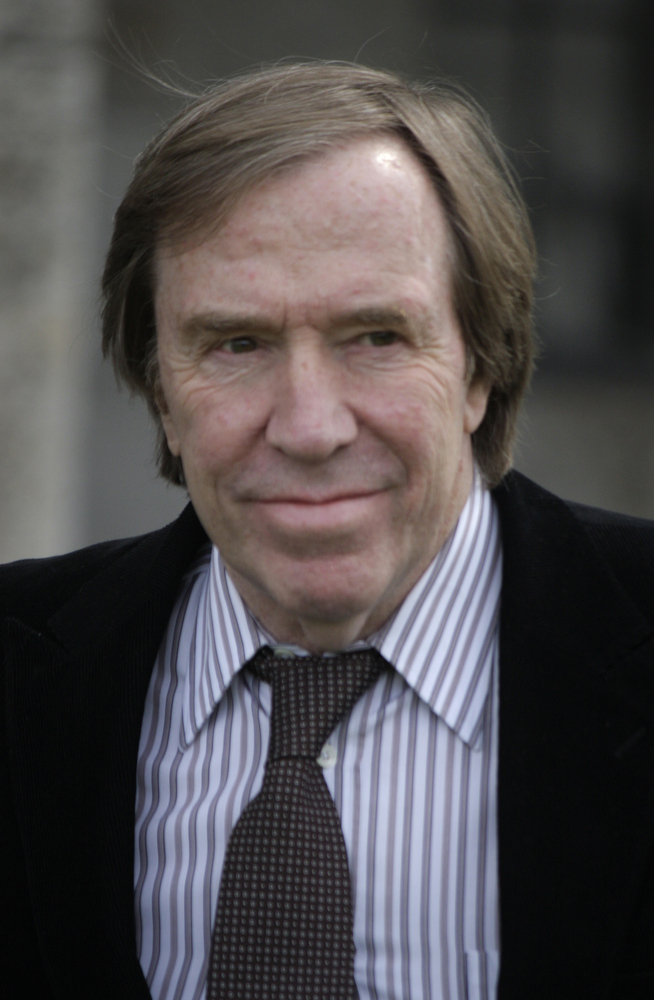
With laser-like passing and a rock star aura, Günter Netzer embodied swagger and skill. A Bundesliga icon and a Real Madrid winner, his flair lit up mid-70s European football.
Career highlight: Dominating Euro 1972 with West Germany, orchestrating their midfield with style as they swept to the title.
46. Paolo Rossi

A small striker with a giant reputation, Rossi stunned the world in 1982. His movement, timing and ruthless finishing defined Italy’s World Cup-winning campaign.
Career highlight: His unforgettable hat-trick against Brazil in the 1982 World Cup quarter-final – a performance that shocked favourites and delighted a nation.
45. Robert Lewandowski
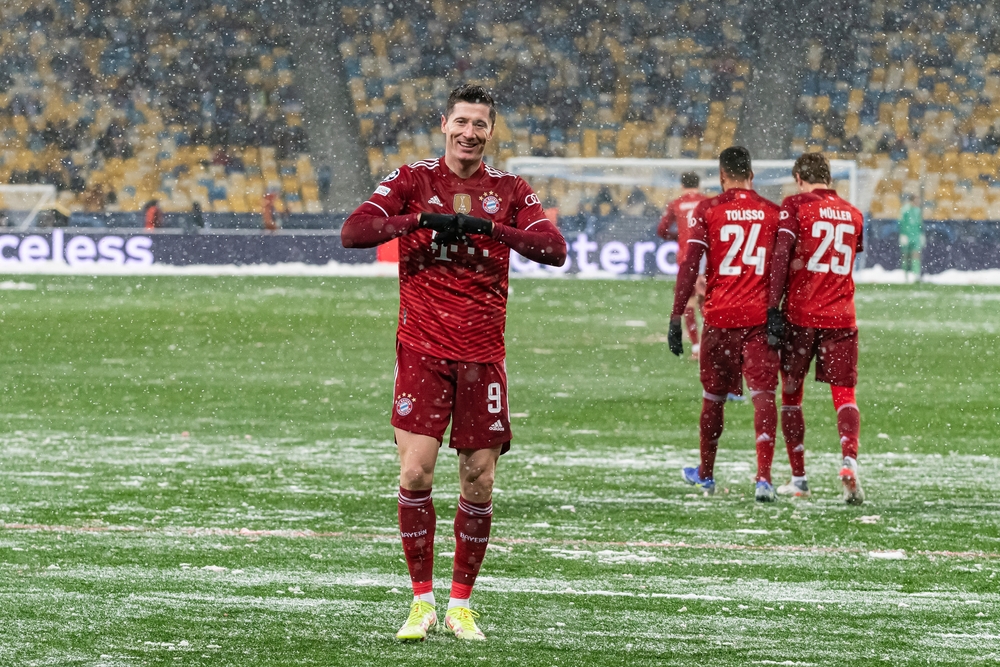
A goal machine with supreme positioning, composure and discipline, Lewandowski redefined consistency. His dominance in the Bundesliga made him one of Europe’s most feared strikers for over a decade.
Career highlight: Scoring 41 Bundesliga goals in just 29 games in 2020/21, breaking Gerd Müller’s long-standing single-season record.
44. Kenny Dalglish
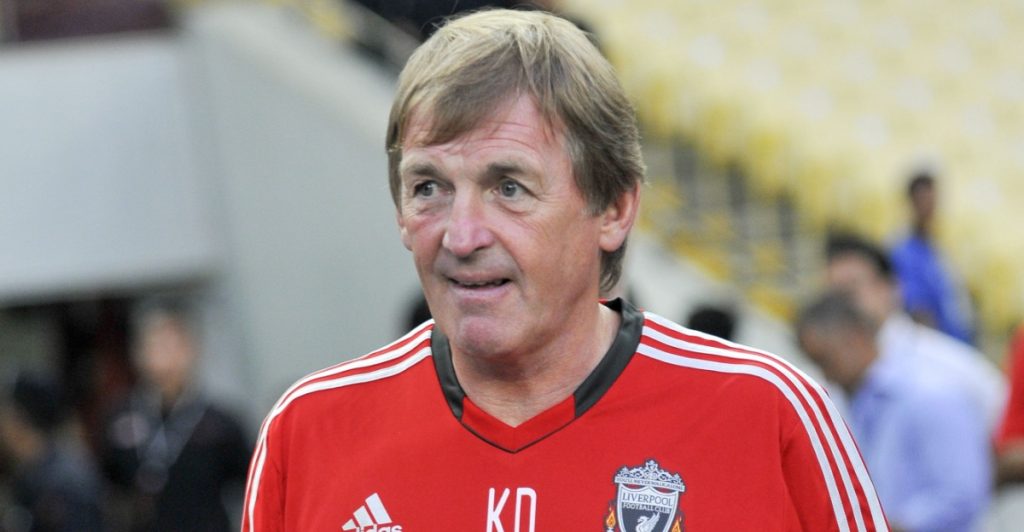
Sir Kenny was both a prolific scorer and master creator, forming legendary partnerships and winning endlessly with Liverpool. His intelligence and vision made him the ultimate team player.
Career highlight: Chipping the winner in the 1978 European Cup Final against Club Brugge, showcasing his cool head on the biggest stage.
43. Michael Laudrup
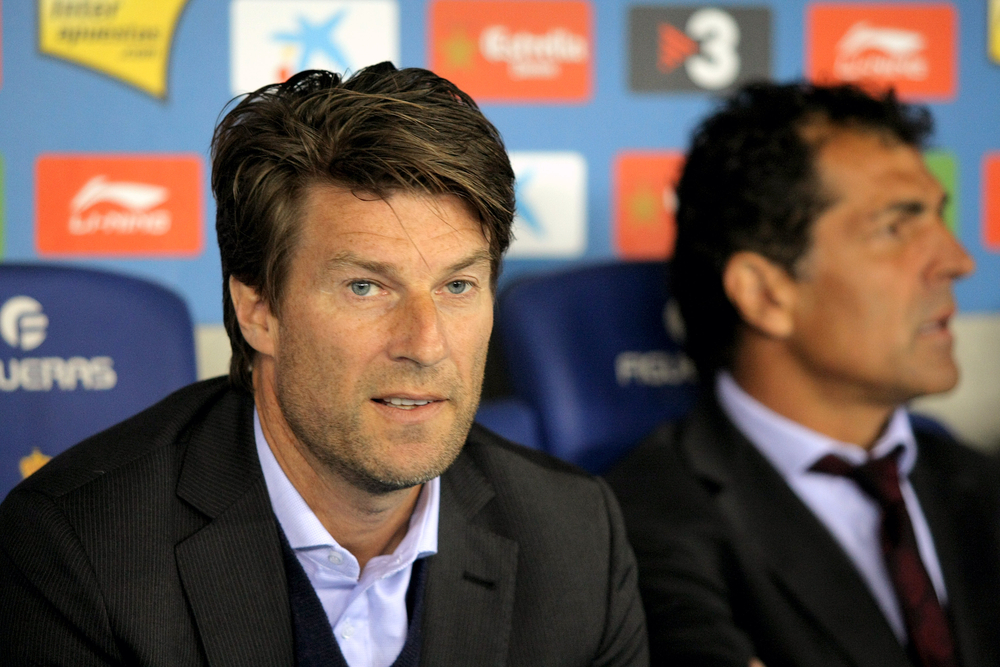
A Danish artist in football boots, Laudrup glided past defenders with grace and vision. A hero in both Barcelona and Madrid, he remains a timeless reference point for elegance in the game.
Career highlight: Helping Barcelona lift their first European Cup in 1992 – a crowning moment for Cruyff’s Dream Team and Laudrup’s genius.
42. Carlos Alberto
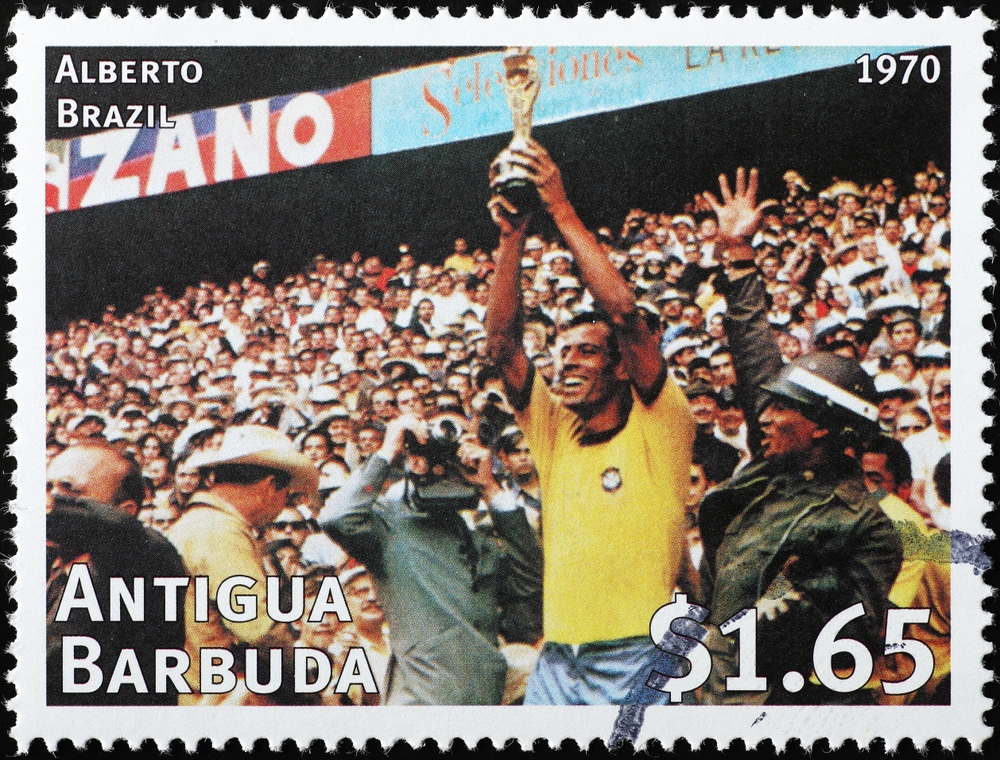
A visionary full-back and captain of Brazil’s 1970 dream team, Carlos Alberto led with calm authority and joined attacks like a forward. His influence is still seen in modern full-backs.
Career highlight: Scoring one of the most iconic goals in World Cup history – Brazil’s fourth in the 1970 final – with a thunderous finish to a legendary team move.
41. Francisco ‘Paco’ Gento
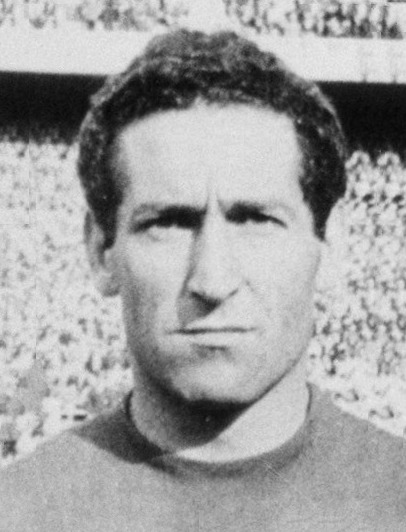
The quickest winger of his era, Gento was a relentless winner at Real Madrid. With six European Cups to his name, he became the benchmark for sustained club greatness.
Career highlight: Captaining Real Madrid to their sixth European Cup in 1966, completing a legacy unmatched in the competition’s history.
40. Luis Suárez (Miramontes)
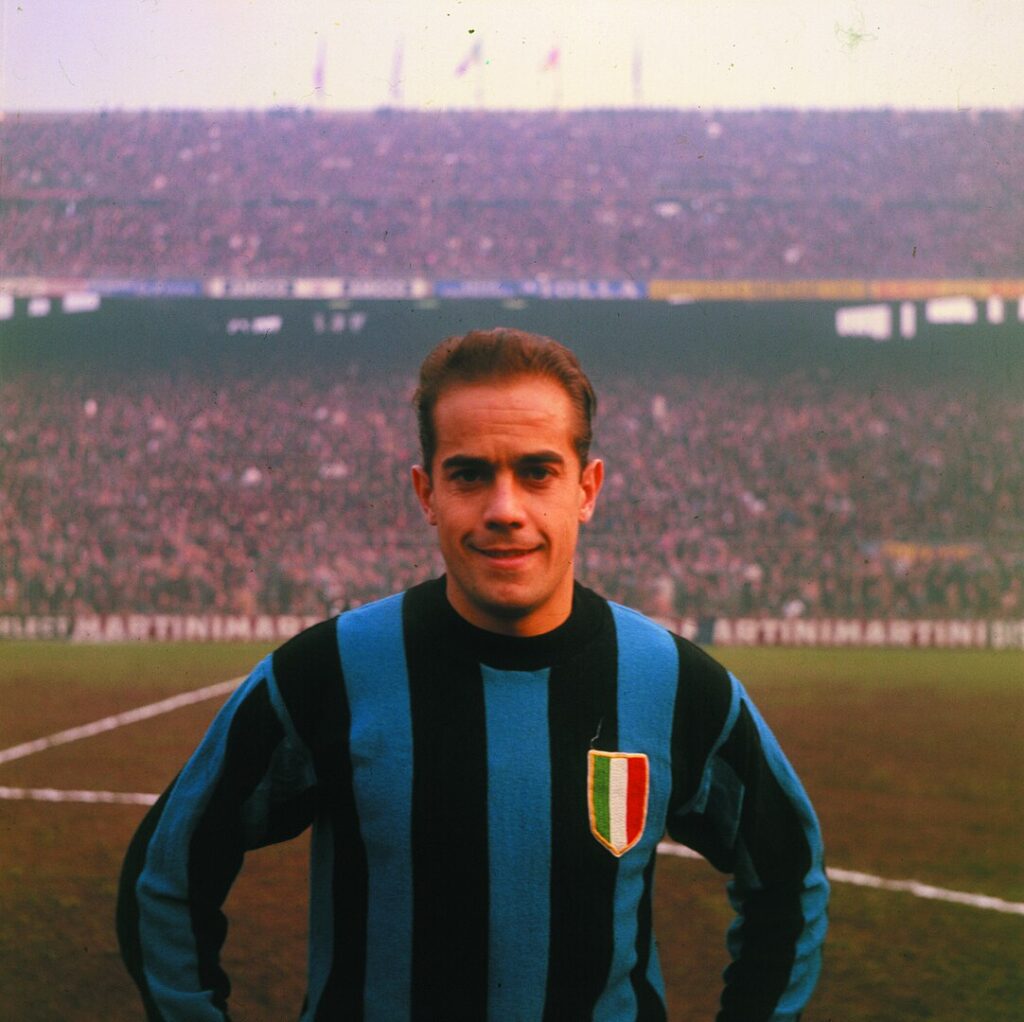
Spain’s original footballing architect, Luis Suárez possessed majestic vision and supreme composure. He remains the only Spaniard to win the Ballon d’Or, and his influence stretched from Barcelona to Inter’s European domination.
Career highlight: Winning both the European Cup with Inter and the European Championship with Spain in the summer of 1964 – a double few have ever matched.
39. Romário
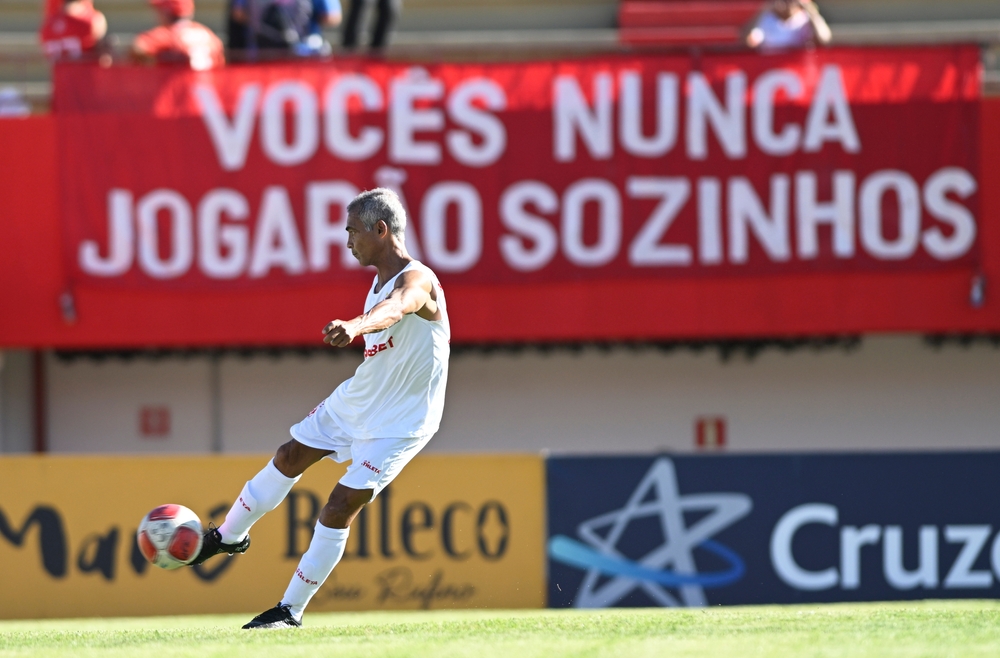
With his low centre of gravity, velvet touch and signature toe-poke finish, Romário was a nightmare for defenders. A poacher par excellence, he made goals look deceptively simple.
Career highlight: Being named Player of the Tournament as Brazil lifted the 1994 World Cup – his clinical finishing was the difference-maker.
38. Matthias Sindelar
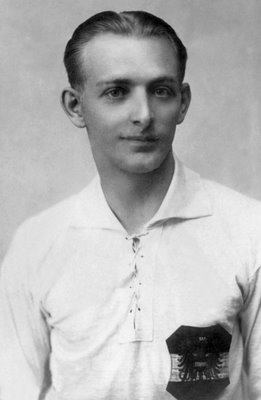
Known as “The Mozart of Football,” Sindelar was a graceful, politically outspoken forward who led Austria’s famous Wunderteam of the 1930s. His mysterious death in 1939 only added to his legend.
Career highlight: Captaining Austria to the 1934 World Cup semi-finals and scoring defiantly against Germany following the Anschluss.
37. Valentino Mazzola
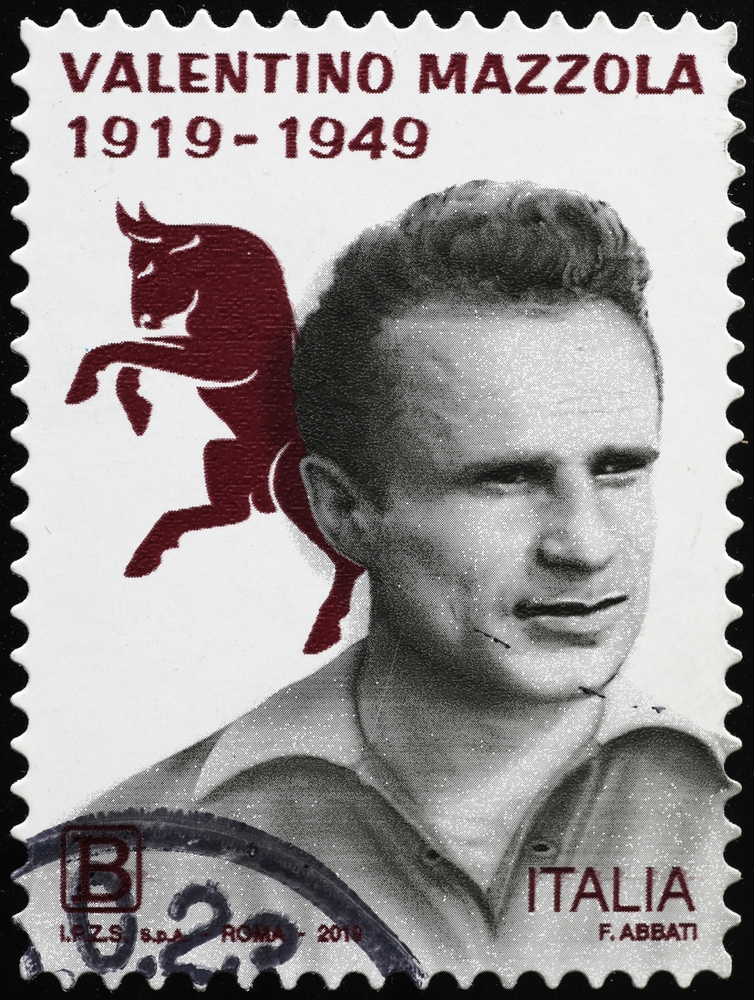
A midfield general with elegance and bite, Mazzola led the legendary Torino side before tragedy struck in the 1949 Superga air disaster. His all-round dominance defined an era of Italian football.
Career highlight: Scoring 29 league goals from midfield in 1946–47, cementing his status as Italy’s finest all-around player of the post-war years.
36. Stanley Matthews
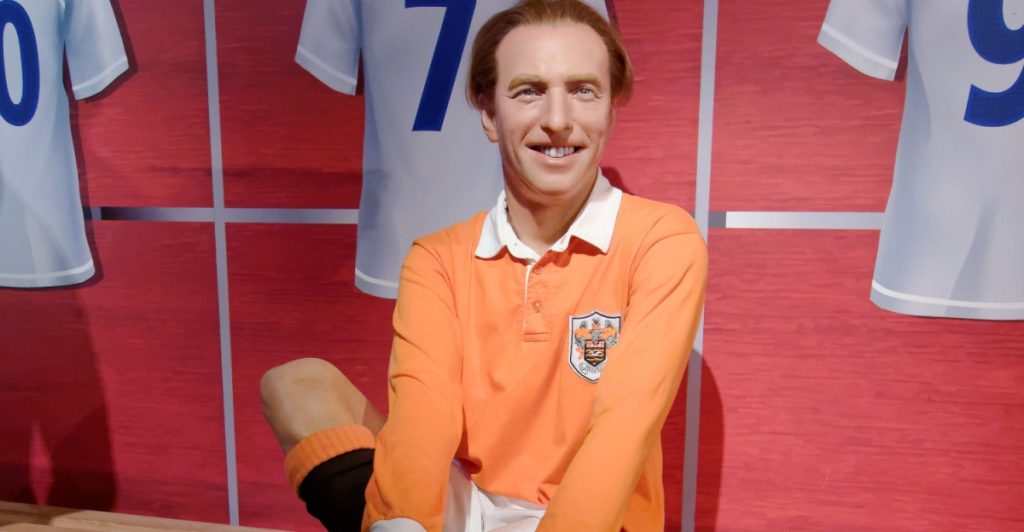
“The Wizard of the Dribble” played top-flight football until age 50 and won the very first Ballon d’Or. His sportsmanship, longevity, and dazzling wing play earned him knighthood while still playing.
Career highlight: His legendary performance in the 1953 FA Cup Final – “The Matthews Final” – remains one of football’s most iconic solo displays.
35. Bobby Moore
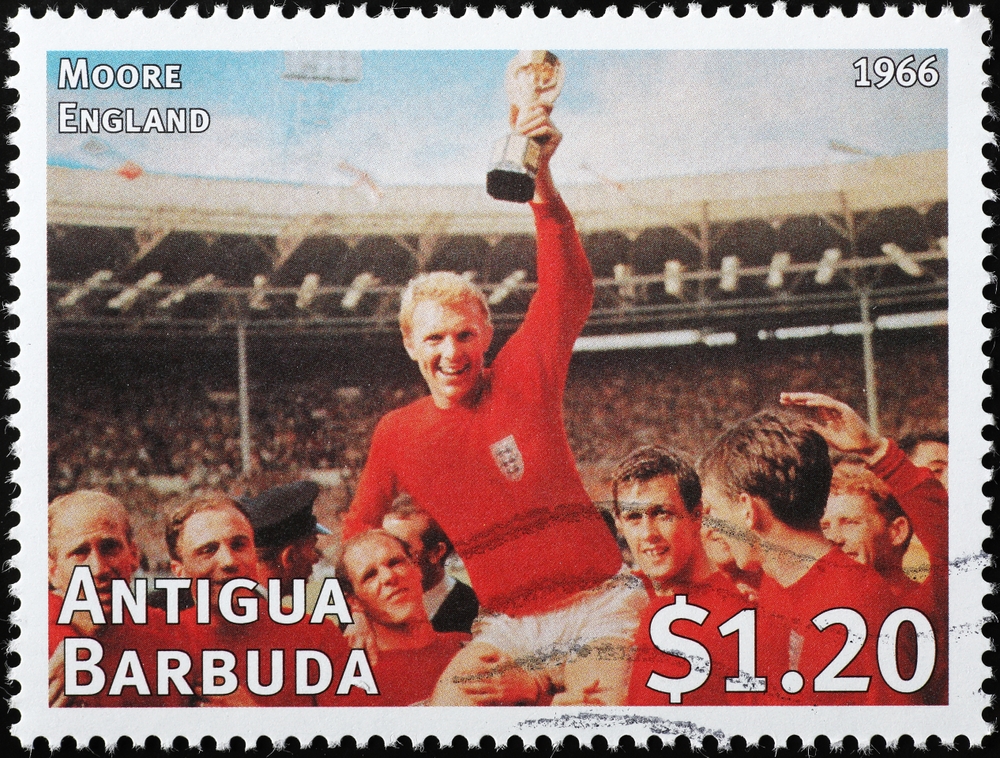
The epitome of calm under pressure, Moore was England’s consummate leader. His defensive timing, intelligence, and composure made him an icon and a national treasure.
Career highlight: Lifting the World Cup trophy in 1966 at Wembley, after delivering a masterclass in defensive leadership against West Germany.
34. Raymond Kopa
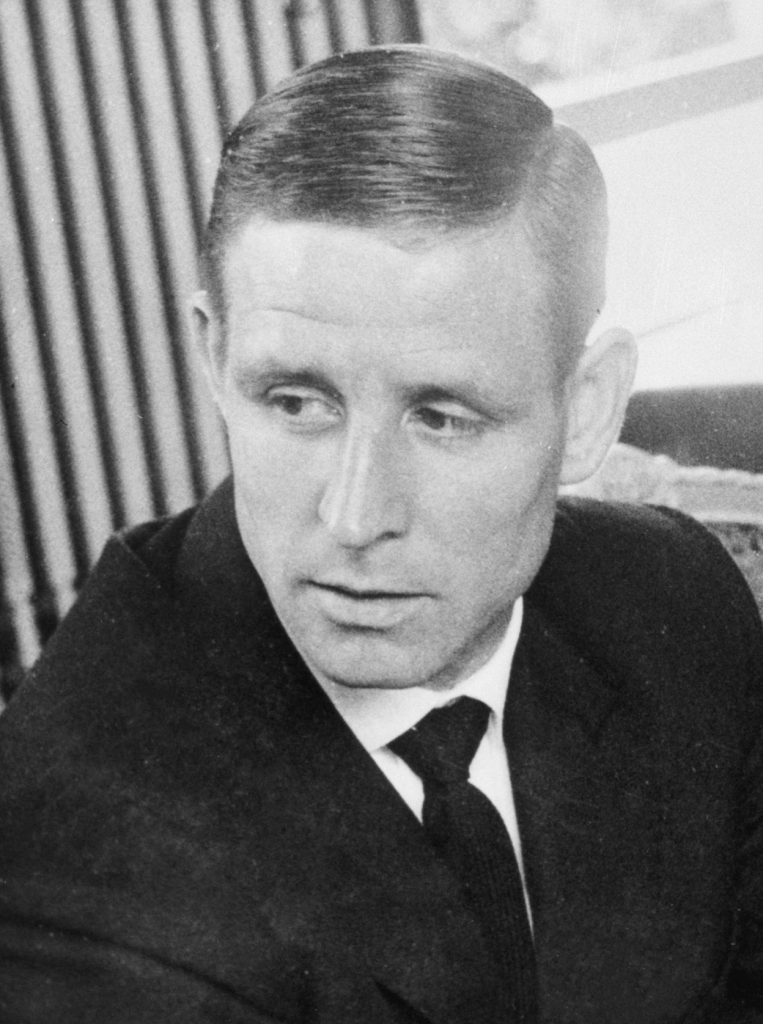
A playmaker of boundless energy and close control, Kopa lit up both Stade de Reims and Real Madrid. He was one of France’s first global stars and a key cog in Real’s European dominance.
Career highlight: Winning the Ballon d’Or in 1958 after collecting three European Cups with Real Madrid – a rare blend of individual and team glory.
33. Sergio Busquets
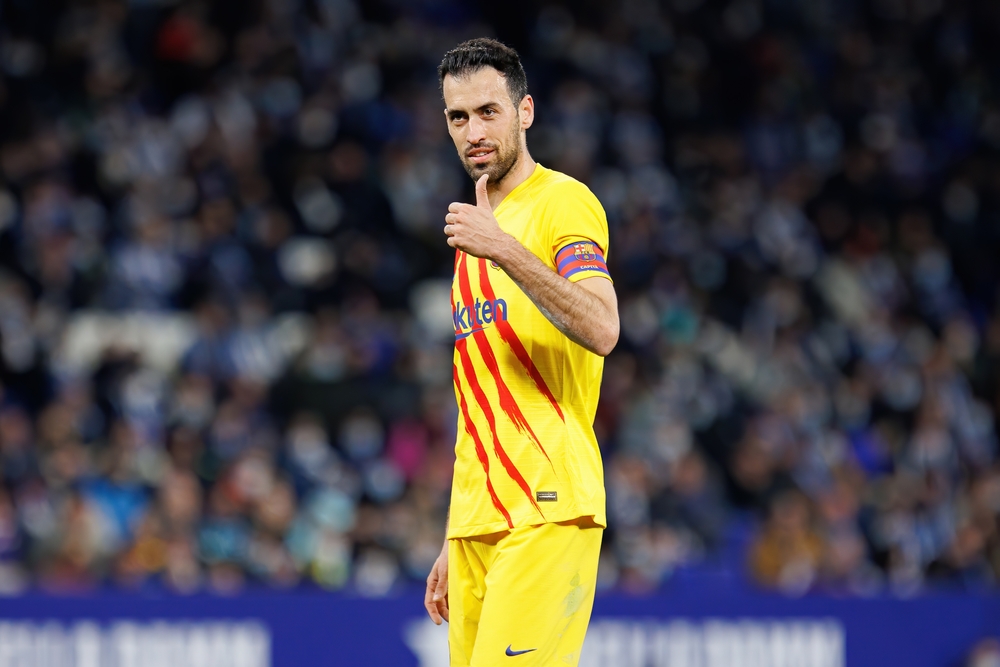
Tactically unmatched and criminally underrated, Busquets redefined the defensive midfield role. His reading of the game, positioning, and passing tempo were instrumental in both Barcelona and Spain’s golden eras.
Career highlight: Winning the 2010 World Cup, flanked by Xabi Alonso and Xavi – the perfect midfield balance in one of football’s greatest teams.
32. Sócrates
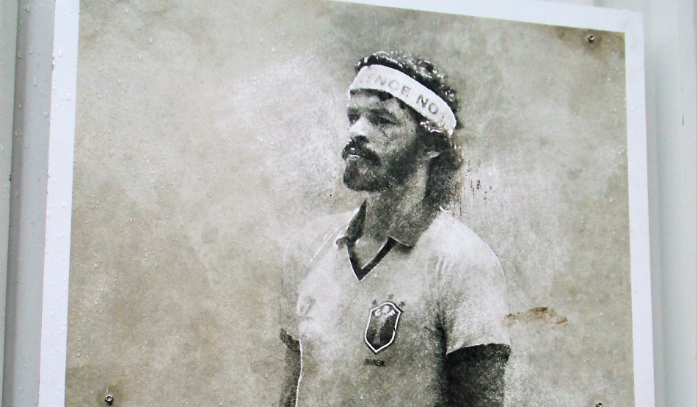
Philosopher, activist and footballer, Sócrates was the thinking man’s playmaker. Captain of Brazil’s 1982 team, he was as admired for his political intellect as for his backheel passes and poise.
Career highlight: His spellbinding performances at the 1982 World Cup helped Brazil become the most beloved team never to win the trophy.
31. Giuseppe Meazza

Italy’s first true superstar, Meazza was a dazzling dribbler and goalscorer whose flair defined football in the 1930s. His charisma extended off the field, where he became a fashion and cultural icon.
Career highlight: Leading Italy to consecutive World Cup triumphs in 1934 and 1938, setting the standard for generations of Azzurri stars.
30. Ruud Gullit
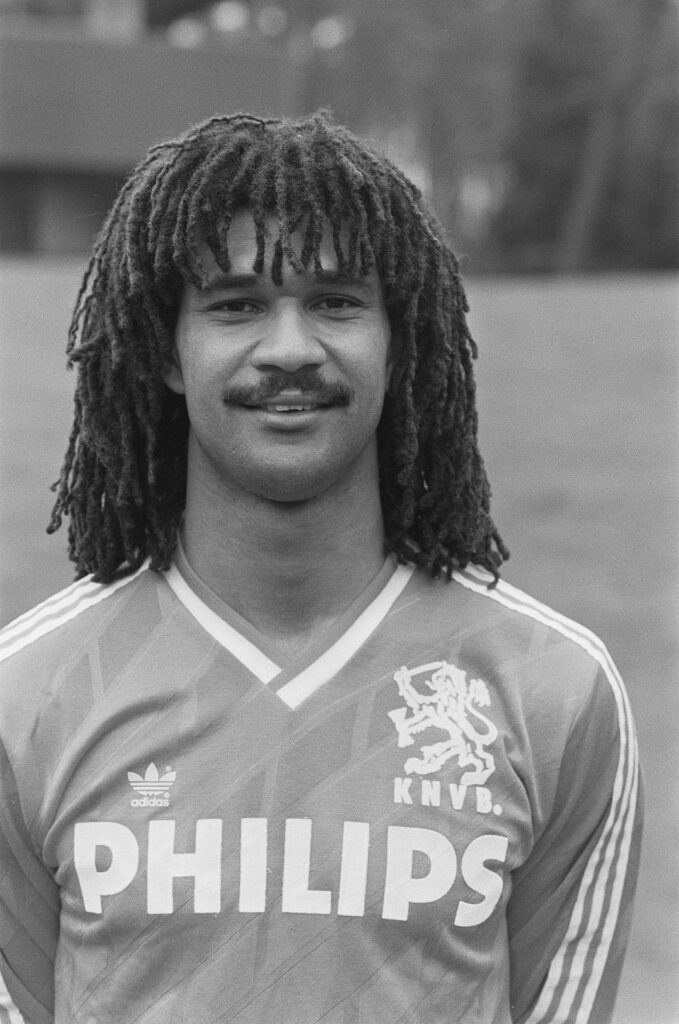
With unmatched versatility, Gullit was a force of nature – physically dominant yet technically exquisite. Whether as a sweeper, playmaker or forward, he was the essence of “Total Football” made flesh.
Career highlight: Scoring the opener in the Euro 1988 final and starring in Milan’s 1989 European Cup triumph – two peak moments in his glittering career.
29. Luka Modrić

From herding goats in Croatia to orchestrating Real Madrid’s midfield, Modrić became one of football’s most elegant and enduring conductors. His control, passing and resilience made him a modern legend.
Career highlight: Winning the 2018 Ballon d’Or after carrying Croatia to a historic World Cup final and breaking the Messi-Ronaldo duopoly.
28. Roberto Baggio
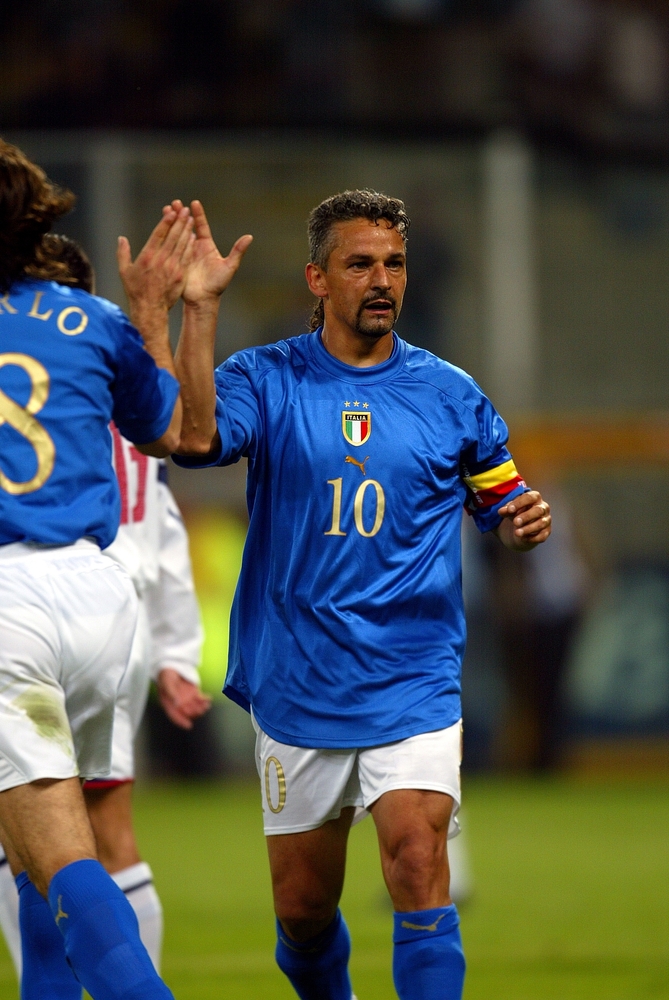
The Divine Ponytail combined spiritual grace with deadly precision. Baggio dazzled in two World Cups, won the Ballon d’Or in 1993 and remains one of football’s most beloved No. 10s.
Career highlight: Lifting the 1993 Ballon d’Or after leading Juventus to glory – and despite his 1994 final penalty miss, his legacy remains unshaken.
27. Thierry Henry
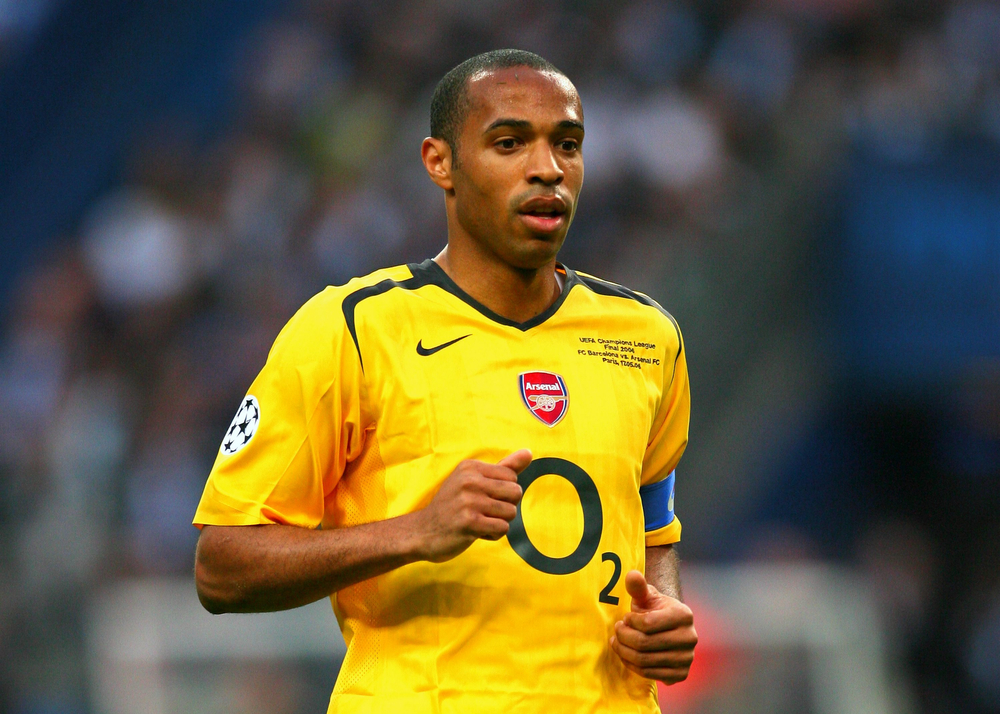
With grace, pace and supreme finishing, Henry ruled the Premier League and became Arsenal’s all-time top scorer. His style was effortless, his output relentless, and his legend eternal.
Career highlight: Scoring 30 league goals in Arsenal’s Invincibles season (2003/04), sealing an unbeaten campaign and his place in English football history.
26. Lev Yashin
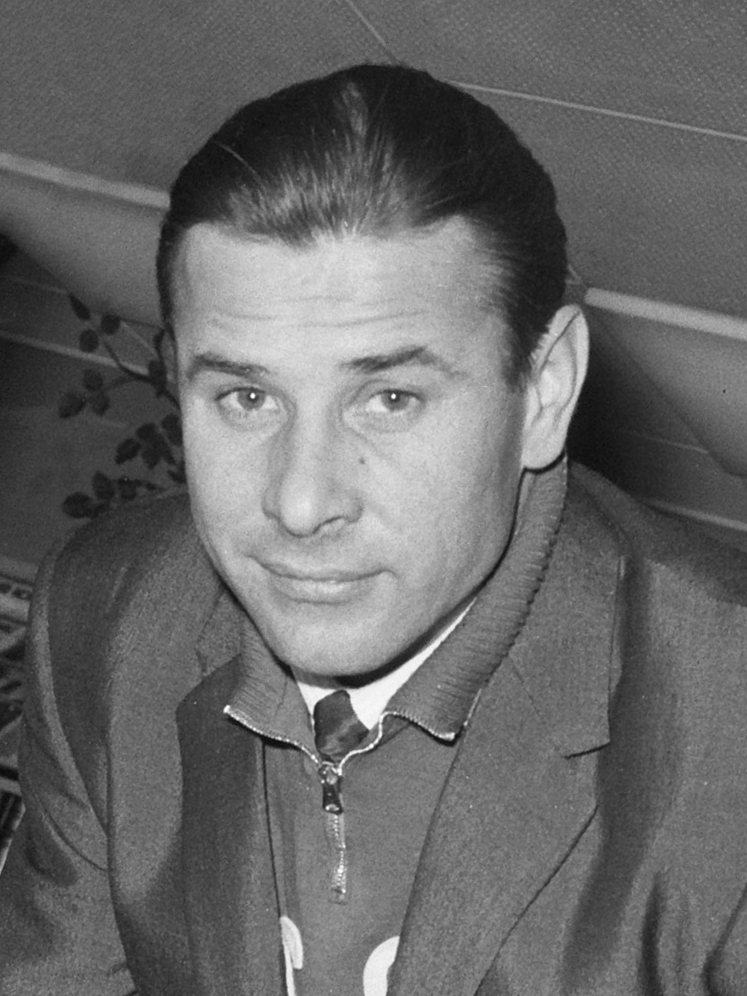
“The Black Spider” set the standard for goalkeeping with unmatched reflexes, command and charisma. He revolutionised the role with his proactive approach and commanding aura.
Career highlight: Winning the 1963 Ballon d’Or – still the only goalkeeper ever to claim the award, affirming his status as a unique great.
25. Franco Baresi
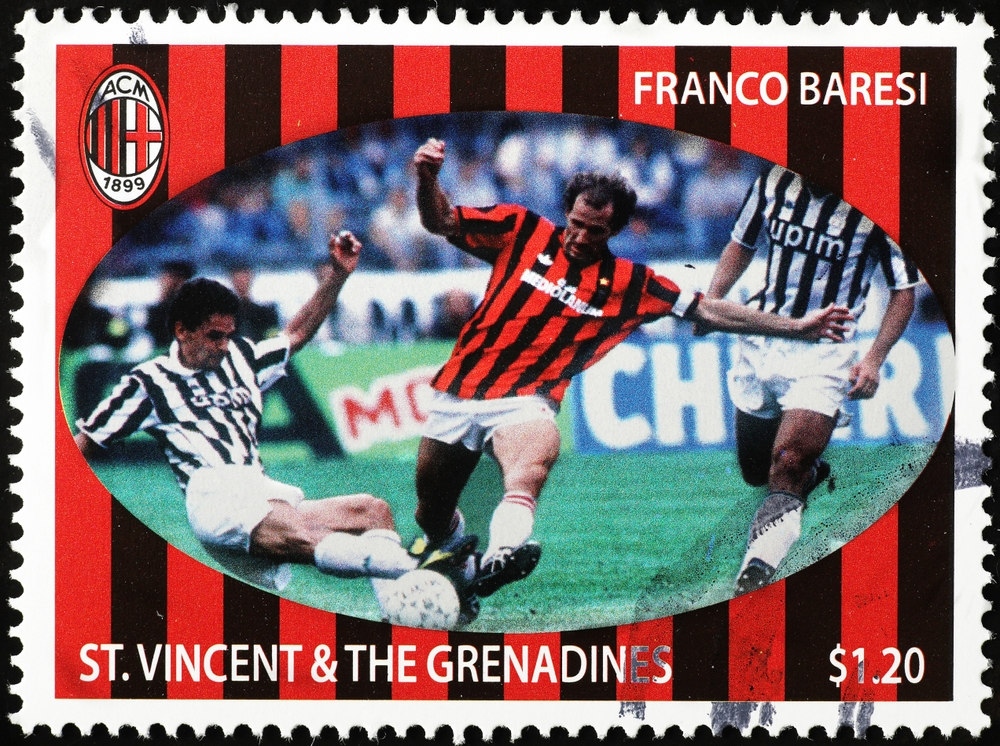
An Italian defensive master, Baresi was Milan’s heartbeat for two decades. His anticipation, calmness, and leadership redefined the libero role and anchored one of history’s greatest defences.
Career highlight: Lifting the European Cup in 1989 with AC Milan, embodying courage by playing the Milan derby with a broken arm.
24. Manuel Neuer

Neuer revolutionised goalkeeping as the modern sweeper-keeper. Blending elite shot-stopping with ball-playing confidence, he became both Germany and Bayern’s wall and playmaker.
Career highlight: His 2014 World Cup performance, especially the audacious sweeper display against Algeria, redefined what a keeper could be.
23. Xavi
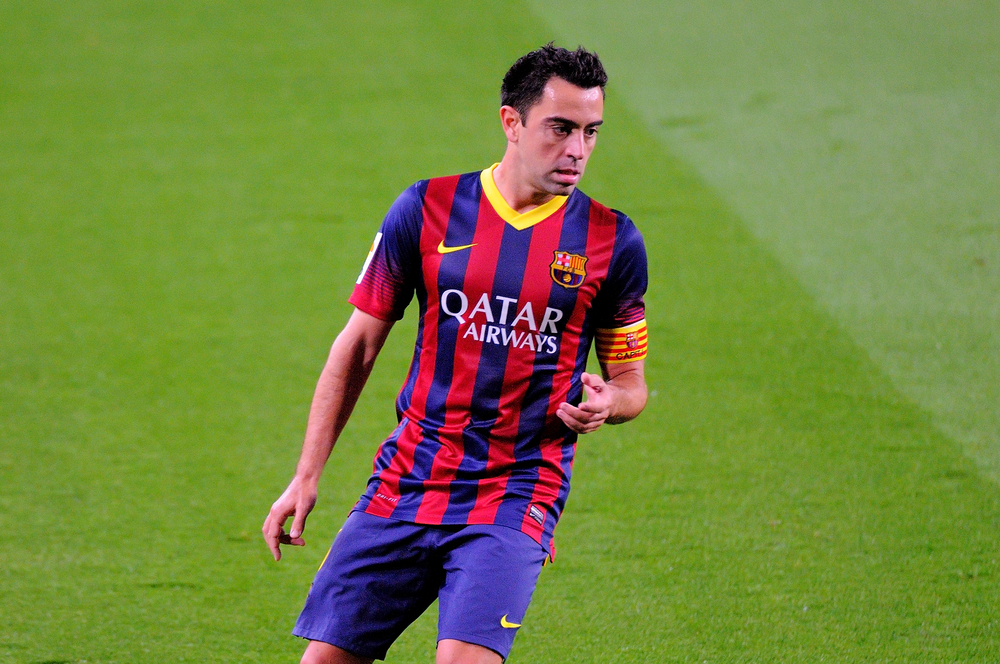
A metronome in midfield, Xavi dictated tempo and geometry with unrivalled clarity. The engine of Barcelona and Spain’s golden eras, he orchestrated football like a chess grandmaster.
Career highlight: Capping his Barcelona career by winning his fourth Champions League in 2015, leaving behind a playbook for future generations.
22. Ronaldinho
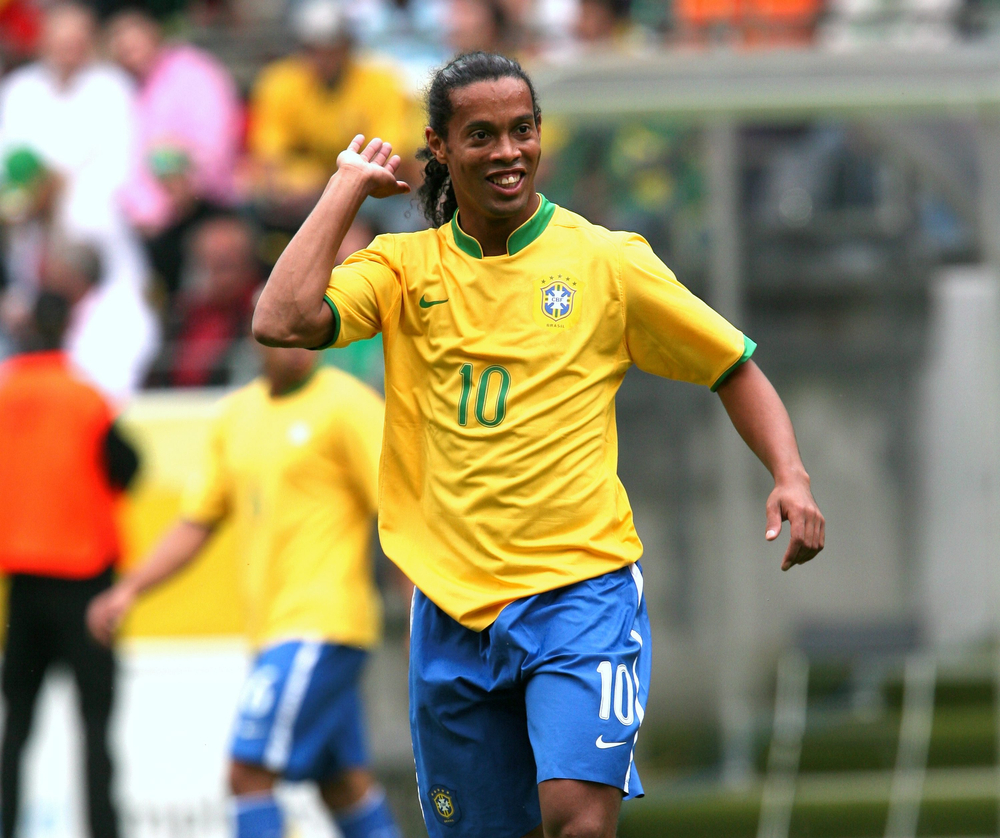
Football’s joyful genius, Ronaldinho made the extraordinary seem ordinary with elastic dribbles and samba flair. His smile, tricks, and brilliance defined the early 2000s.
Career highlight: Winning the 2002 World Cup alongside Ronaldo and Rivaldo – the “Three Rs” inspiring Brazil to yet another title with flair and finesse.
21. Bobby Charlton
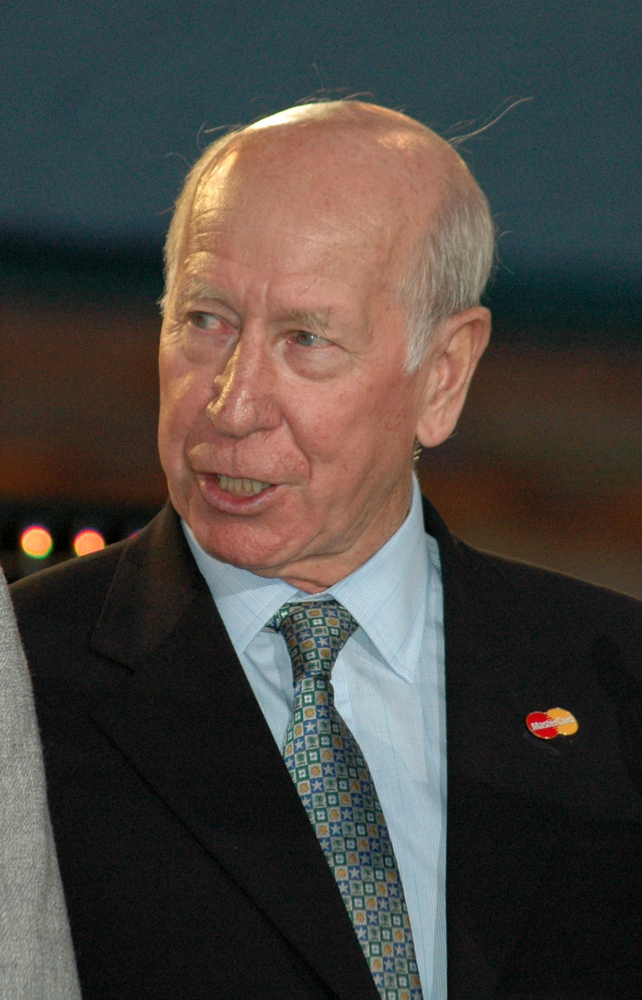
Charlton rose from the ashes of tragedy to become a symbol of resilience and grace. With thunderous shots and tireless runs, he was England’s leader and United’s soul.
Career highlight: Scoring twice in the 1968 European Cup Final to secure Manchester United’s first continental triumph – and honour his fallen Busby Babes.
20. Paolo Maldini
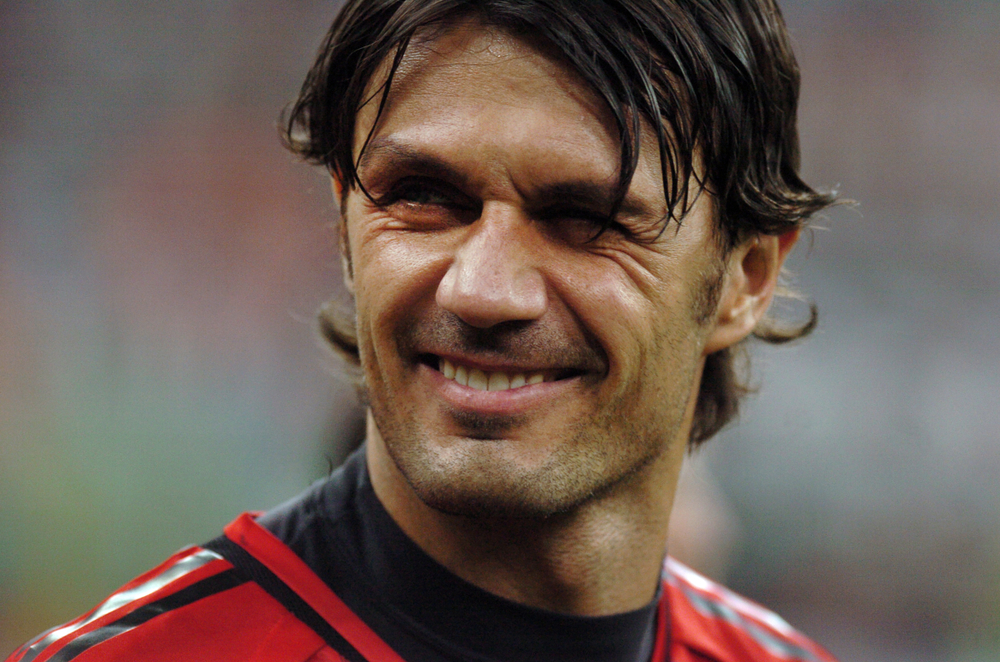
A symbol of loyalty and longevity, Maldini was the epitome of class in defence. He spent his entire 25-year career at AC Milan, evolving across generations while maintaining world-class form.
Career highlight: Leading Milan to an unbeaten Serie A title in 1991/92, showcasing his tactical adaptability and unshakable presence at the back.
19. Zico
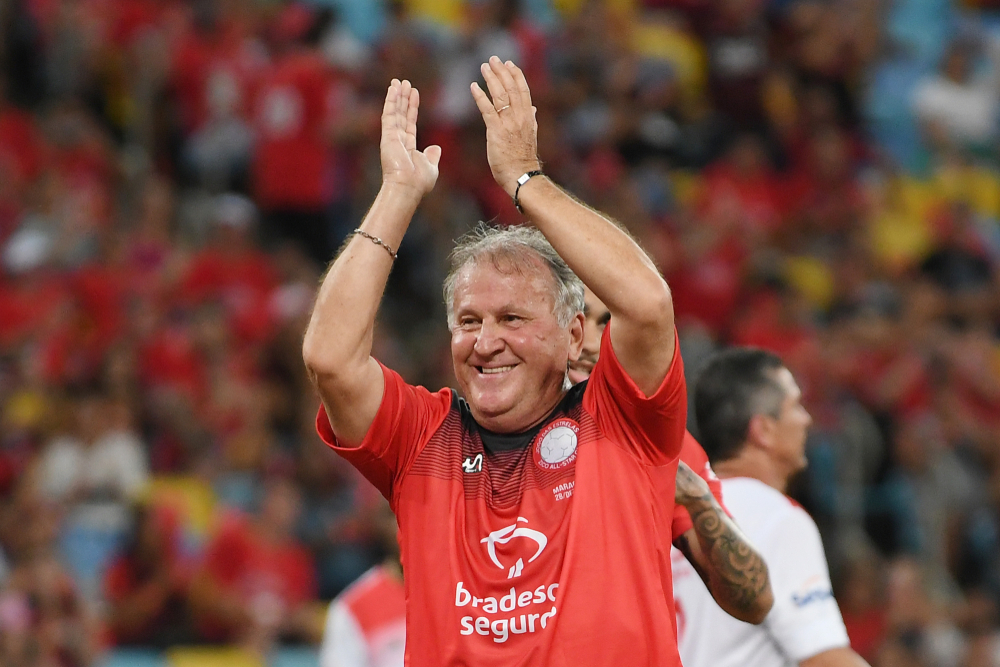
Often hailed as the greatest Brazilian never to win a World Cup, Zico’s vision, passing, and goalscoring made him an icon at Flamengo and on the global stage.
Career highlight: Scoring four goals and dazzling at the 1982 World Cup – a tournament that sealed his legend, even in defeat.
18. Lothar Matthäus
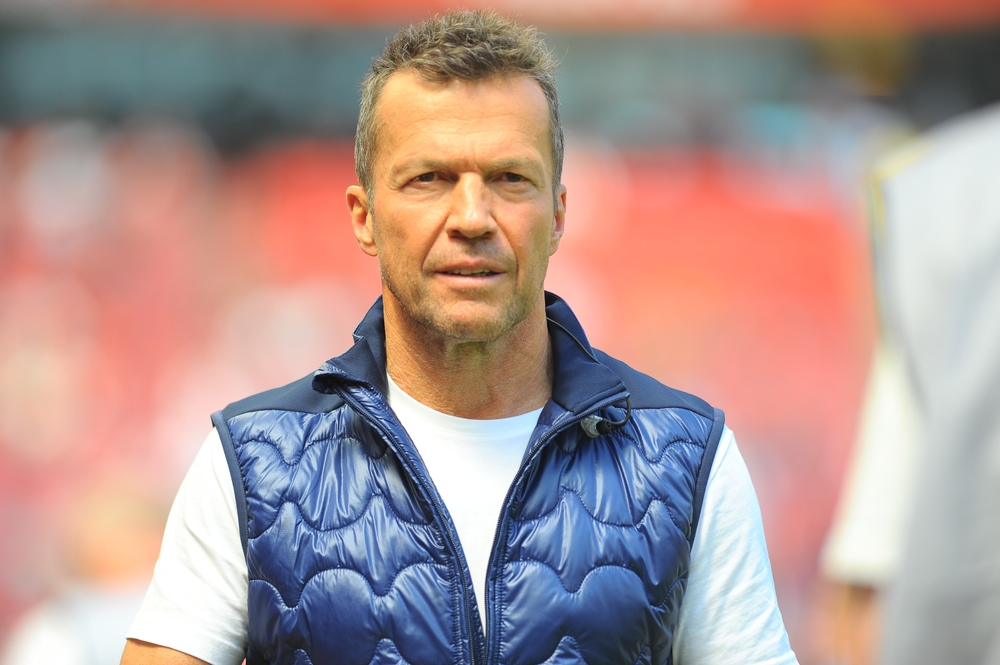
The complete midfielder, Matthäus combined physicality and technical mastery. A born leader, he played in five World Cups and guided Germany to glory in 1990.
Career highlight: Captaining West Germany to victory at the 1990 World Cup, scoring two goals in the opening game and dominating the tournament.
17. Garrincha
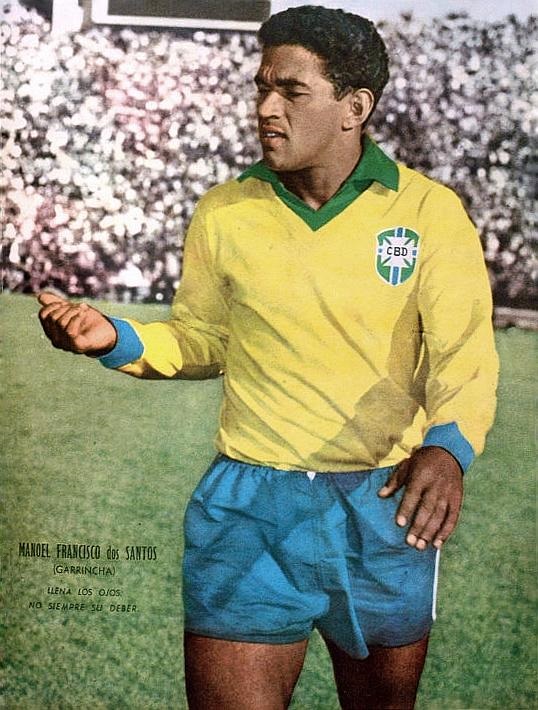
The “Joy of the People,” Garrincha mesmerised with bent legs and bewildering dribbles. Despite physical deformities, he danced through defences and brought smiles to millions.
Career highlight: Carrying Brazil to World Cup glory in 1962 after Pelé’s injury – he was the tournament’s most brilliant star.
16. Eusébio
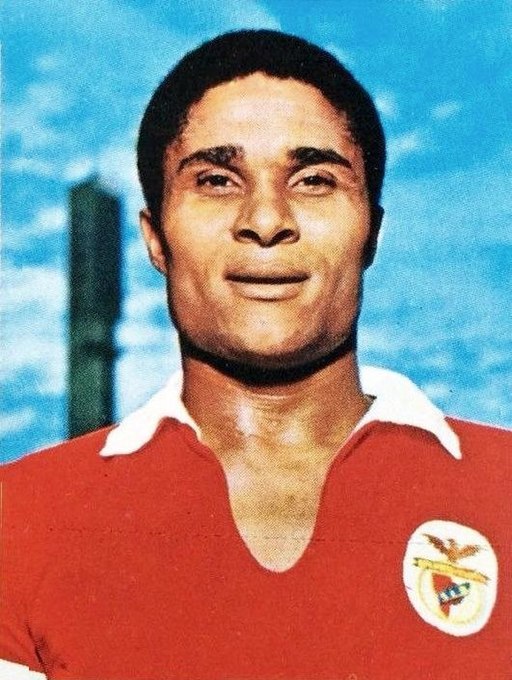
Portugal’s original icon, Eusébio blended explosive pace with ruthless finishing. He was a powerhouse for Benfica and a trailblazer for African-born players.
Career highlight: Winning the Golden Boot at the 1966 World Cup with nine goals, leading Portugal to a historic third-place finish.
15. Andrés Iniesta
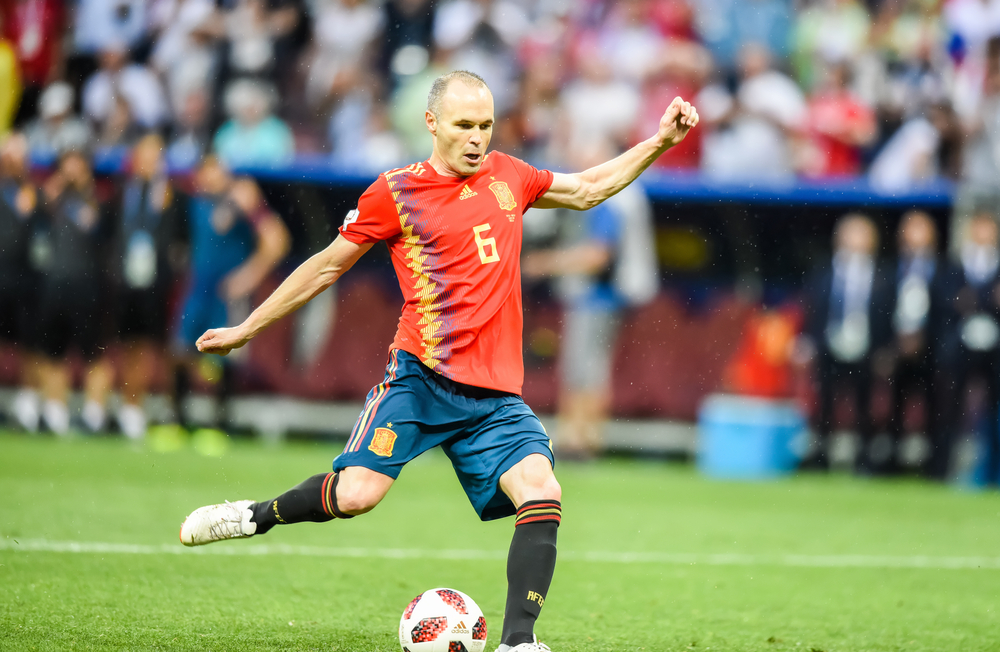
An artist with the ball, Iniesta redefined midfield subtlety. His balance, passing, and knack for clutch goals made him a core figure in Spain and Barcelona’s golden eras.
Career highlight: Scoring the winner in the 2010 World Cup Final, delivering Spain’s first world title with a moment of magic in extra time.
14. Michel Platini
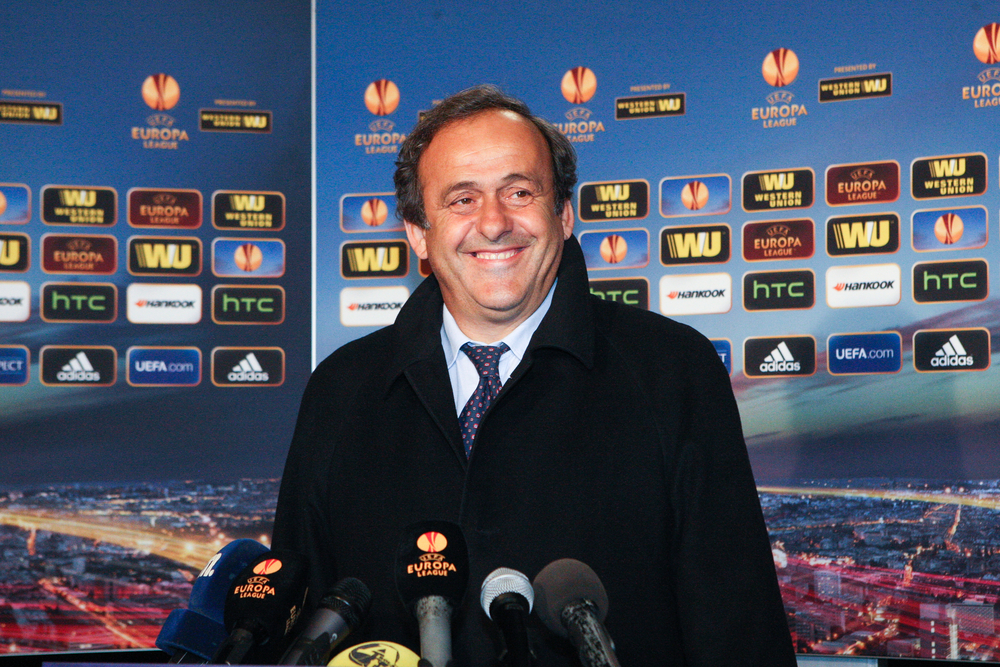
One of football’s most graceful orchestrators, Platini was a goal-scoring playmaker whose vision and precision led France and Juventus to the pinnacle of the sport.
Career highlight: Scoring nine goals at Euro 1984 – including the iconic extra-time winner against Portugal – and winning the Ballon d’Or three years in a row.
13. Ferenc Puskás

A left-footed genius and goal machine, Puskás combined technique and thunder in equal measure. He starred for Hungary’s Mighty Magyars and Real Madrid with breathtaking consistency.
Career highlight: Humbling England at Wembley in 1953 with two goals in Hungary’s legendary 6–3 victory – a match that changed world football.
12. Gerd Müller

The ultimate poacher, Müller lived in the penalty box and scored with unmatched frequency. He wasn’t flashy, but his instinct and timing made him unstoppable.
Career highlight: Scoring the winner in the 1974 World Cup Final and claiming the Golden Boot at Euro 1972 – the perfect striker on the biggest stages.
11. George Best
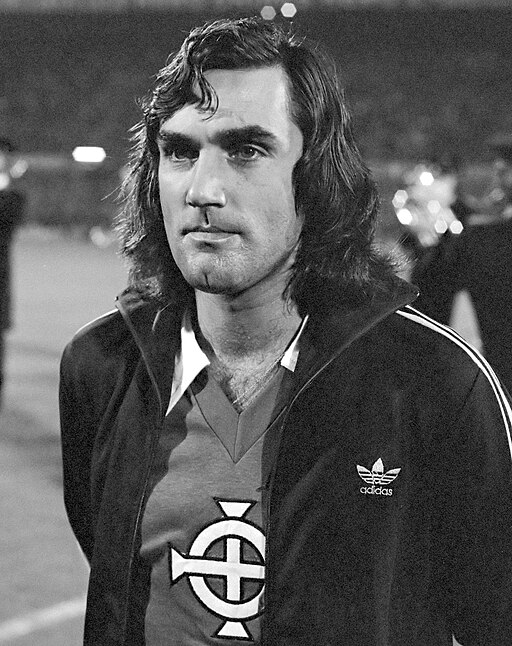
Dazzling with every touch, George Best was as mercurial as he was magical. His dribbling, balance and charisma turned him into a cultural phenomenon and a footballing icon.
Career highlight: His sublime performance and goal in the 1968 European Cup Final, leading Manchester United to their first continental triumph.
10. Marco van Basten
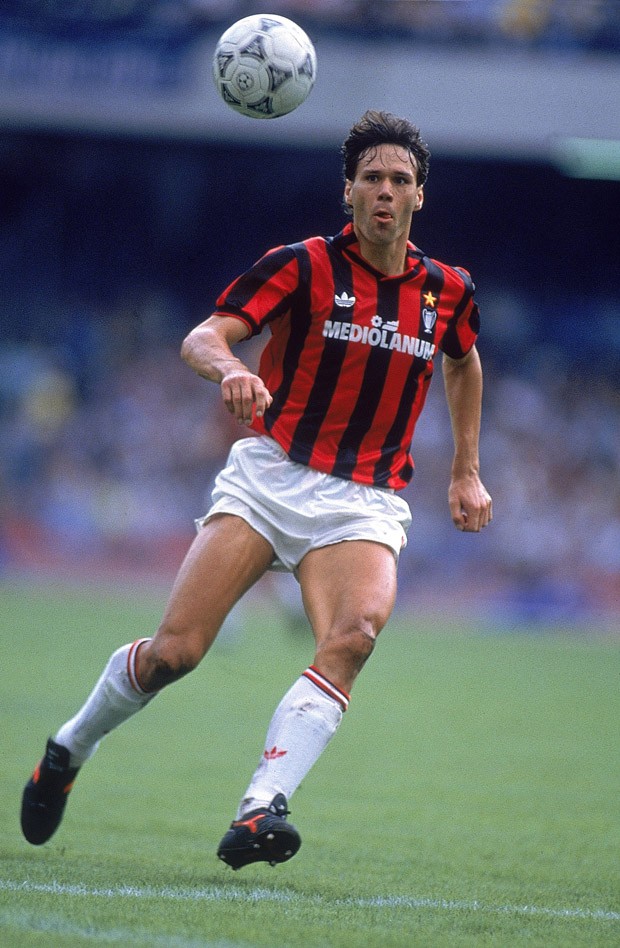
A striker of rare beauty and brutal efficiency, Van Basten blended elegance with instinct. Injuries cut short his career, but in his prime, he was football perfection.
Career highlight: His legendary volley in the Euro 1988 final – an impossible angle, immortalised forever in Dutch football folklore.
9. Alfredo Di Stéfano

Di Stéfano was football’s original all-rounder – omnipresent, relentless, and brilliant. The beating heart of Real Madrid’s European dynasty, he defined greatness.
Career highlight: Scoring a hat-trick in the 1960 European Cup Final, as Real Madrid crushed Eintracht Frankfurt 7-3 at Hampden Park.
8. Franz Beckenbauer
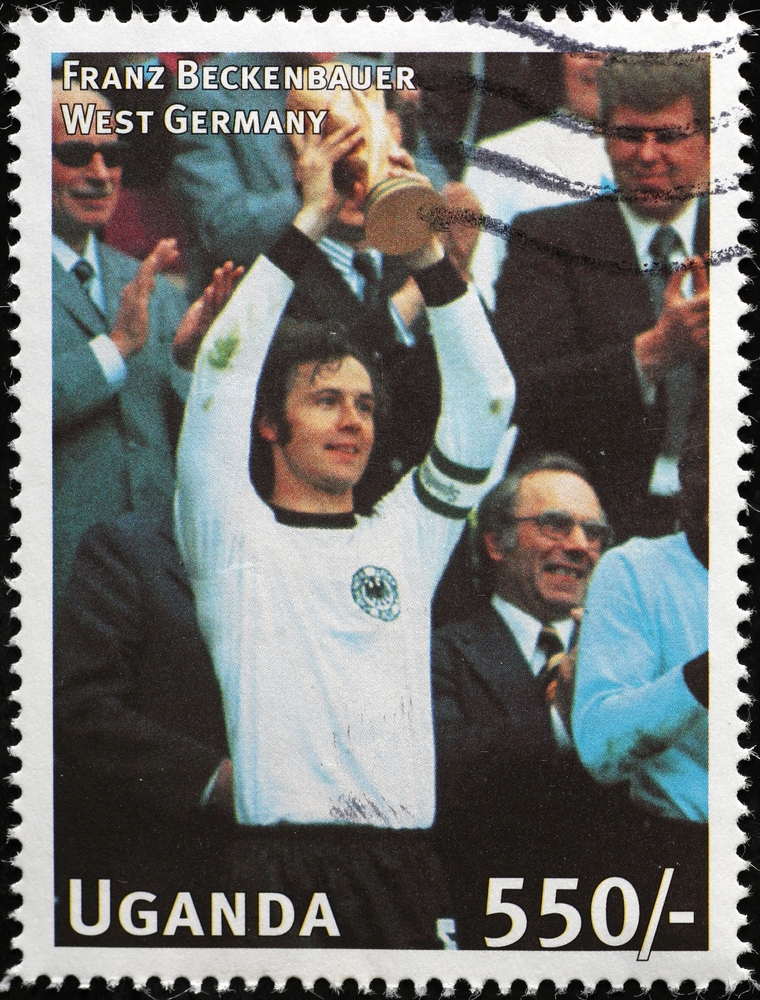
“The Kaiser” redefined defending, bringing elegance to the libero role and winning as both captain and coach. His leadership and tactical mind were unmatched.
Career highlight: Lifting the 1974 World Cup and completing a hat-trick of European Cup wins with Bayern in 1976 – total dominance, delivered with class.
7. Zinedine Zidane
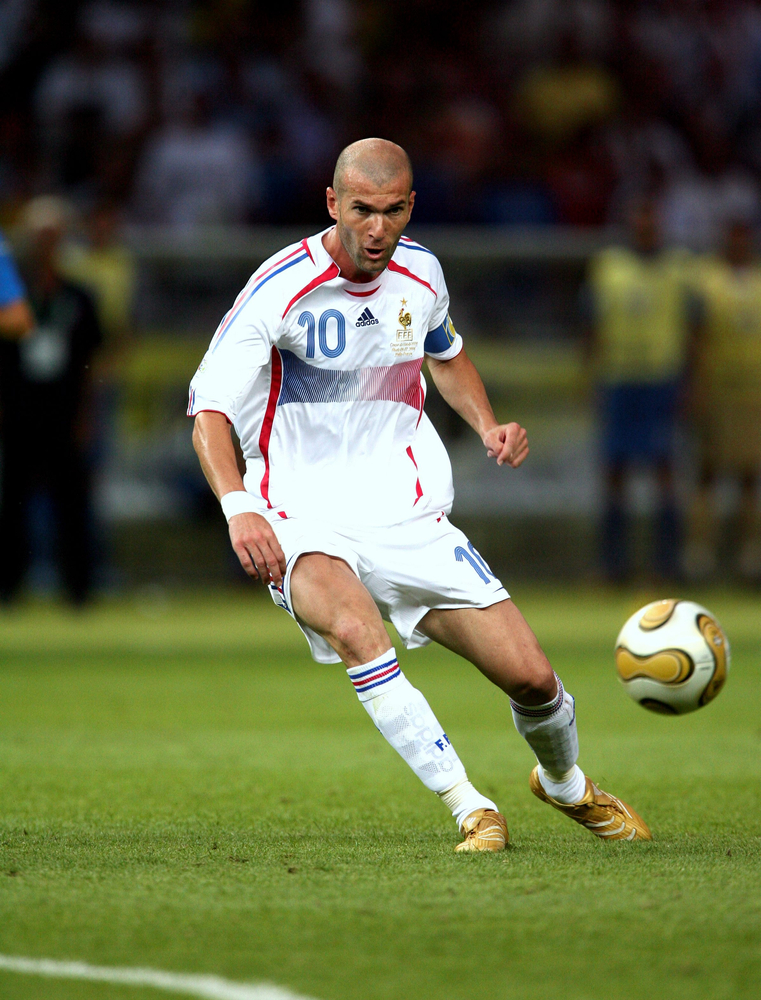
Zidane was a footballing painter – all technique, timing and intelligence. He shone brightest on the biggest stages, delivering when it mattered most.
Career highlight: His stunning volley to win the 2002 Champions League Final for Real Madrid – a goal worthy of his artistic legacy.
6. Ronaldo (R9)
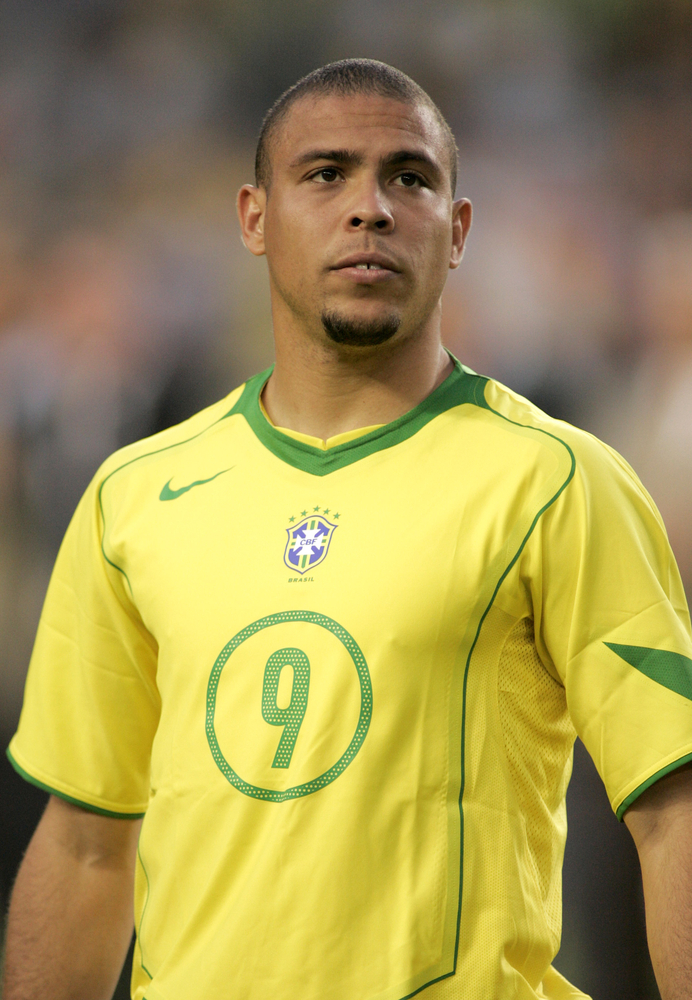
An unstoppable force in his prime, Ronaldo combined blistering pace, footwork and finishing to devastating effect. The world had never seen a striker like him.
Career highlight: Scoring twice in the 2002 World Cup Final, completing a legendary comeback from injury to claim the Golden Boot and global redemption.
5. Johan Cruyff

Cruyff didn’t just play football – he changed it. Architect of Total Football, genius at Ajax and Barcelona, he remains a philosopher and pioneer of the modern game.
Career highlight: The “Cruyff Turn” at the 1974 World Cup became an eternal symbol of his imagination and brilliance.
4. Cristiano Ronaldo
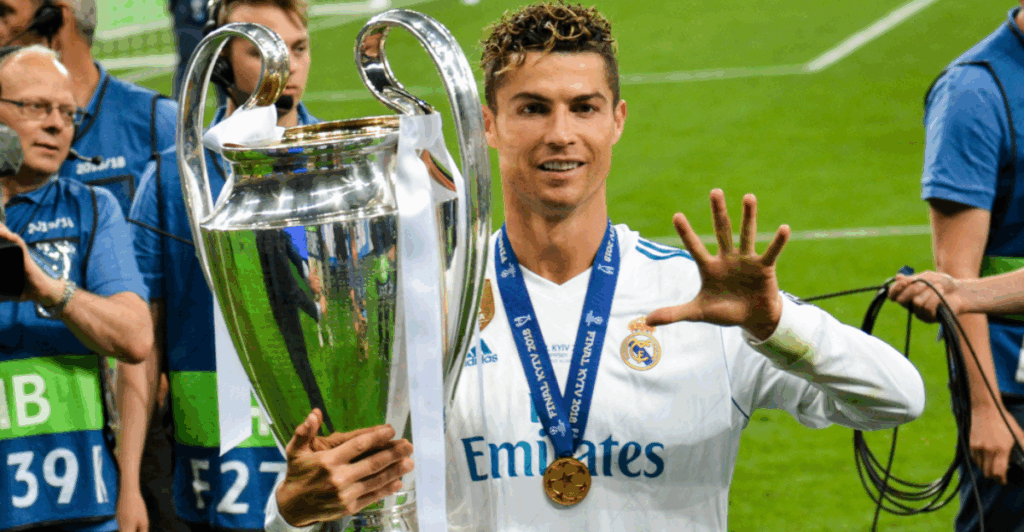
The most relentless goalscorer the game has seen, Ronaldo forged a career on power, determination and impossible numbers. He conquered every challenge.
Career highlight: Winning his first Ballon d’Or and Champions League with Manchester United in 2008 – the beginning of a historic reign.
3. Diego Maradona
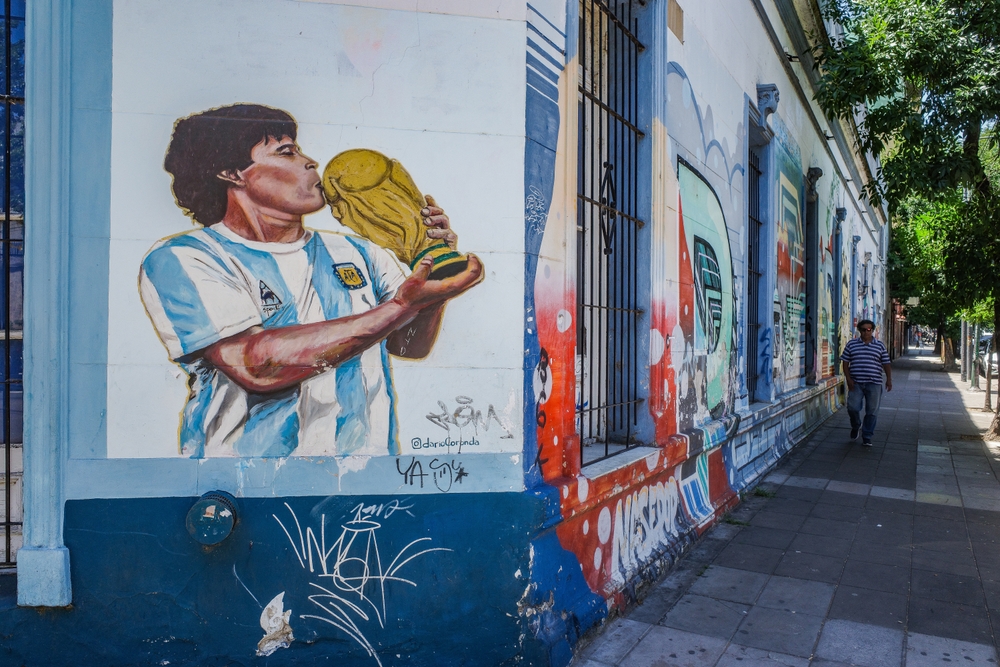
Maradona was chaos, beauty, rebellion and glory in one small frame. He lifted Napoli to unimaginable heights and ruled the 1986 World Cup like a god.
Career highlight: Scoring the “Goal of the Century” and leading Argentina to World Cup victory in 1986 – a tournament he utterly owned.
2. Pelé

The global face of football for decades, Pelé was a prodigy and legend. With three World Cups, he left an indelible mark on every corner of the globe.
Career highlight: Scoring his 1,000th goal at the Maracanã and lighting up the 1970 World Cup in Brazil’s most iconic side.
1. Lionel Messi

The greatest of them all. Messi’s artistry, longevity and vision made him a living legend – capable of anything, feared by all, and loved by millions.
Career highlight: Finally lifting the World Cup in 2022 with Argentina, completing football’s grandest story and crowning two decades of genius.

